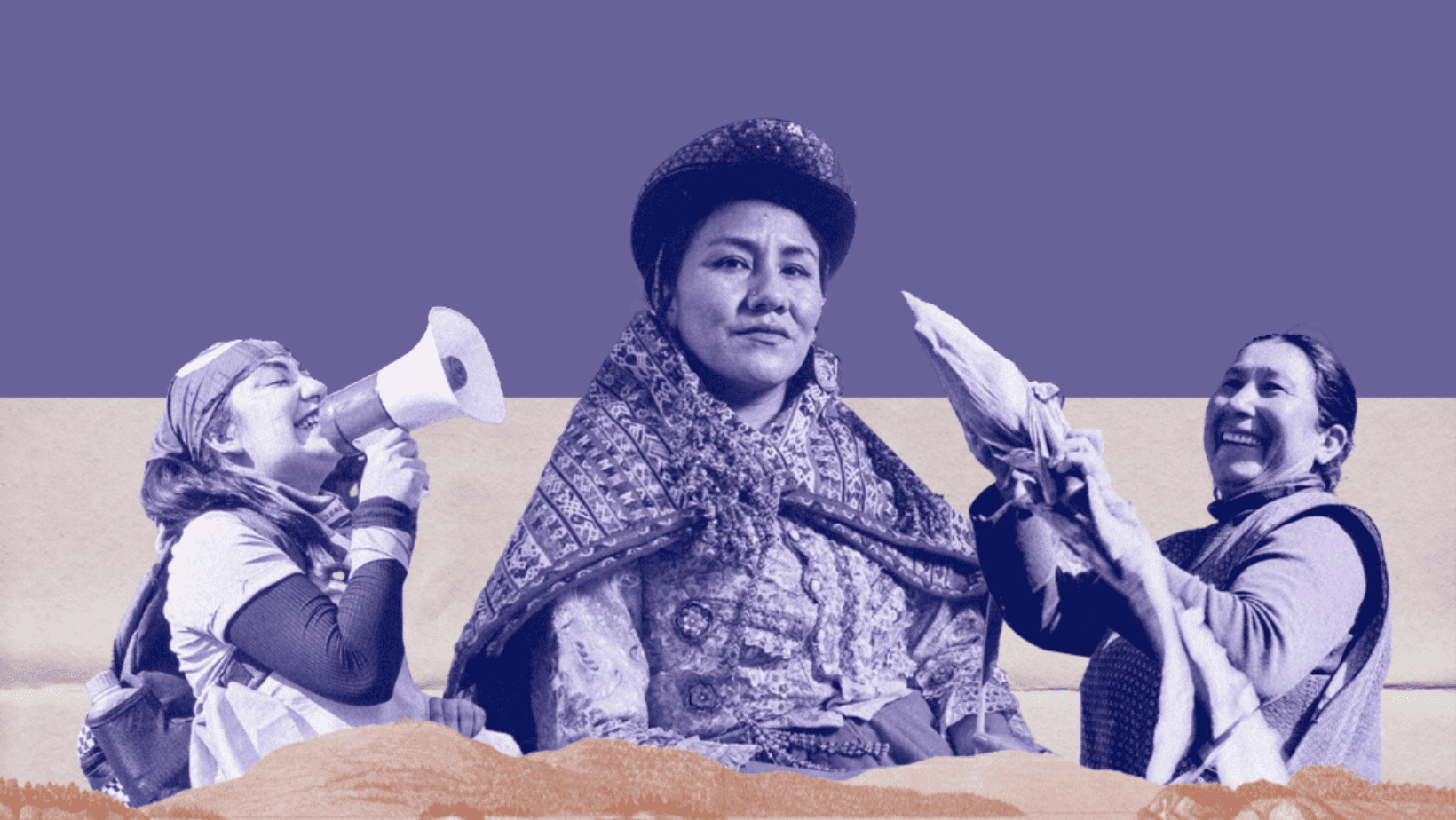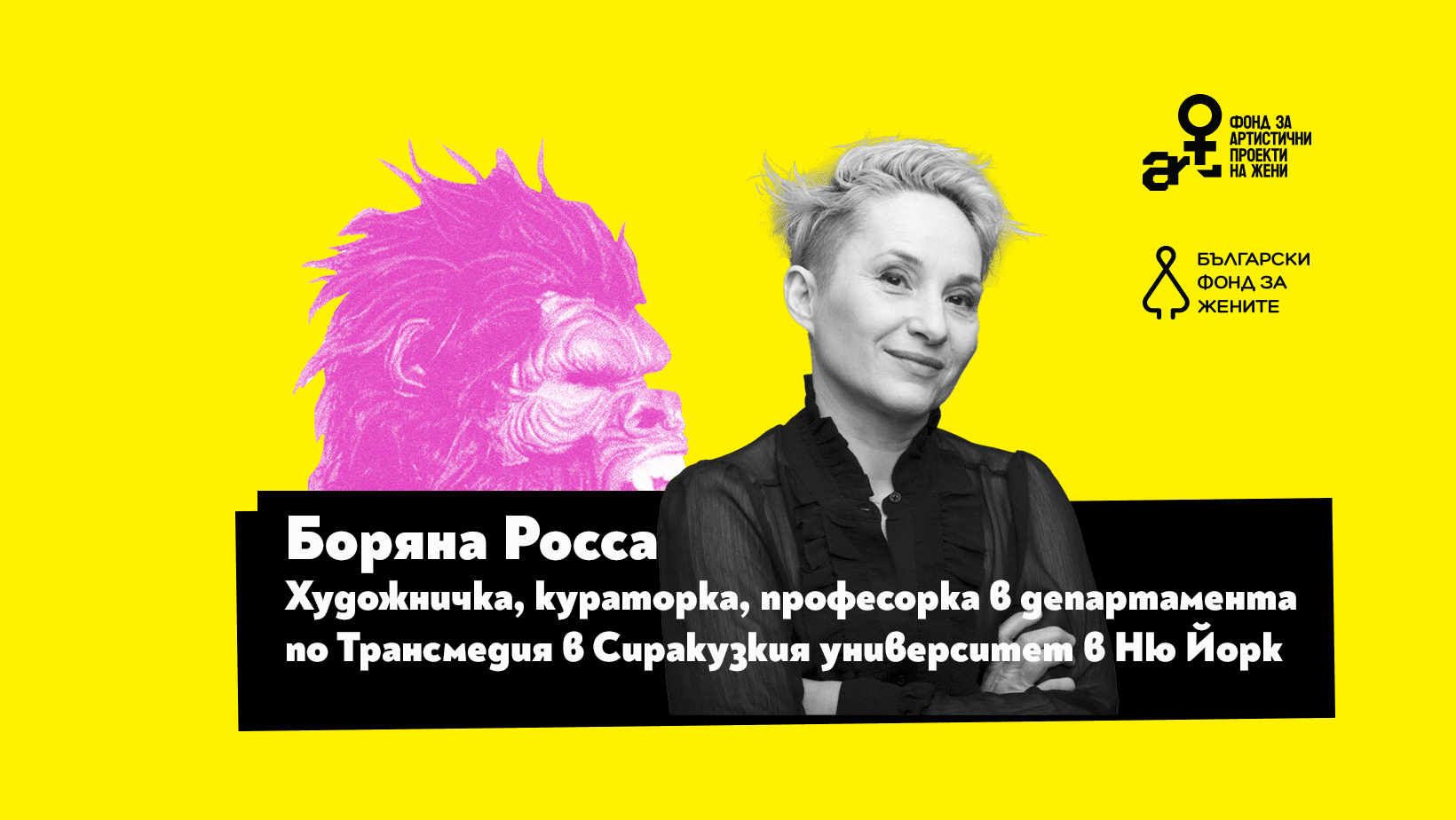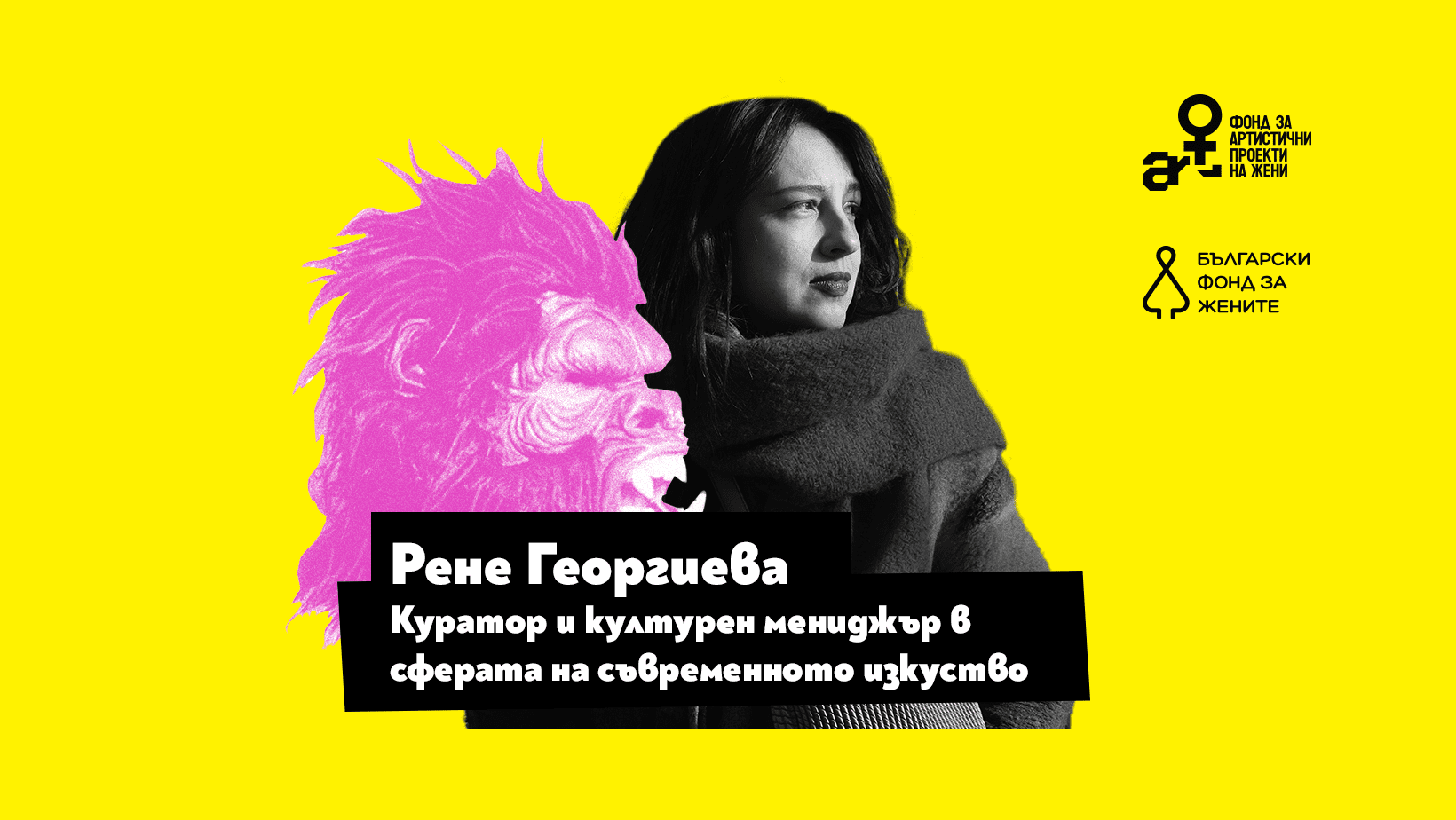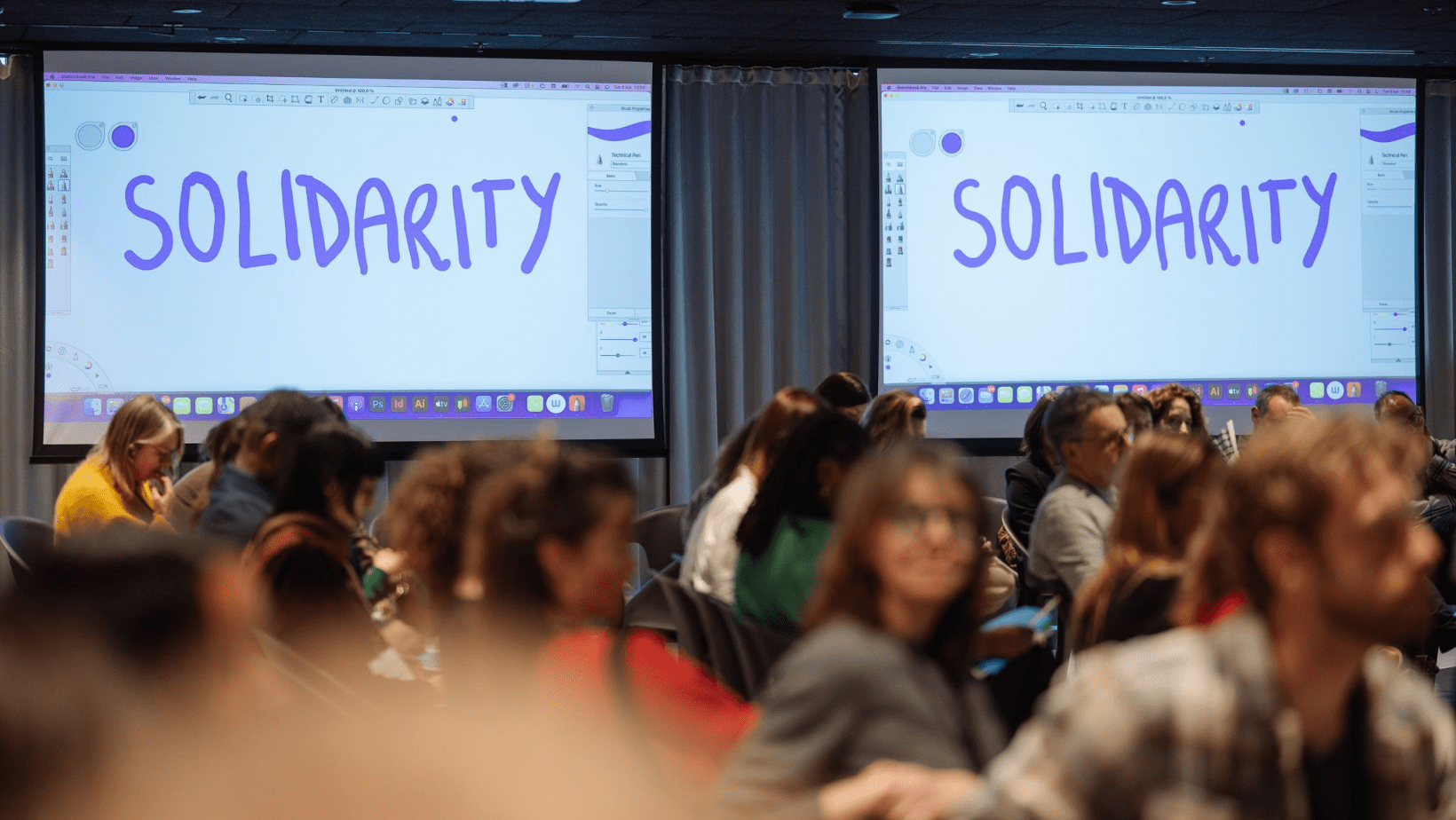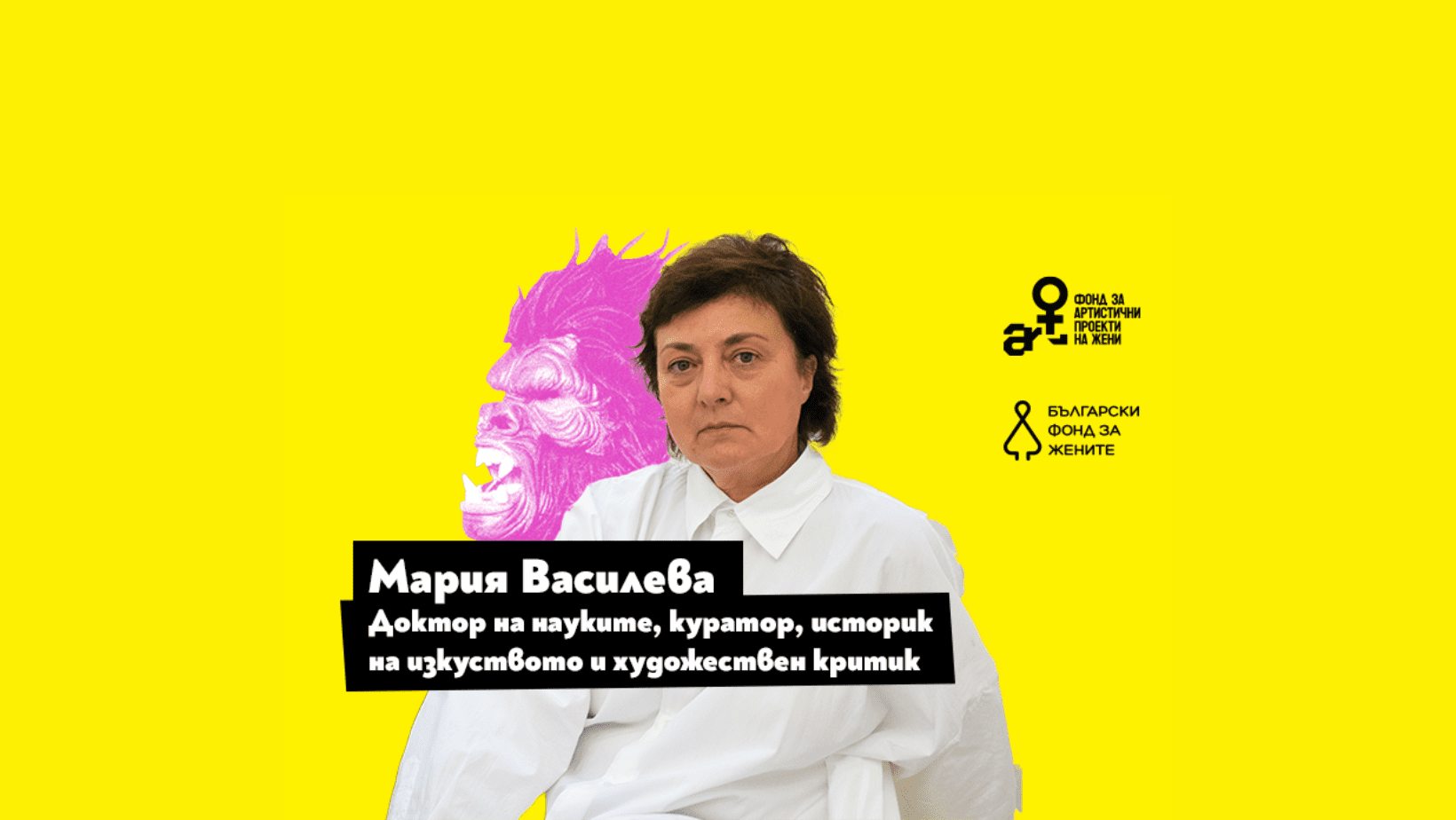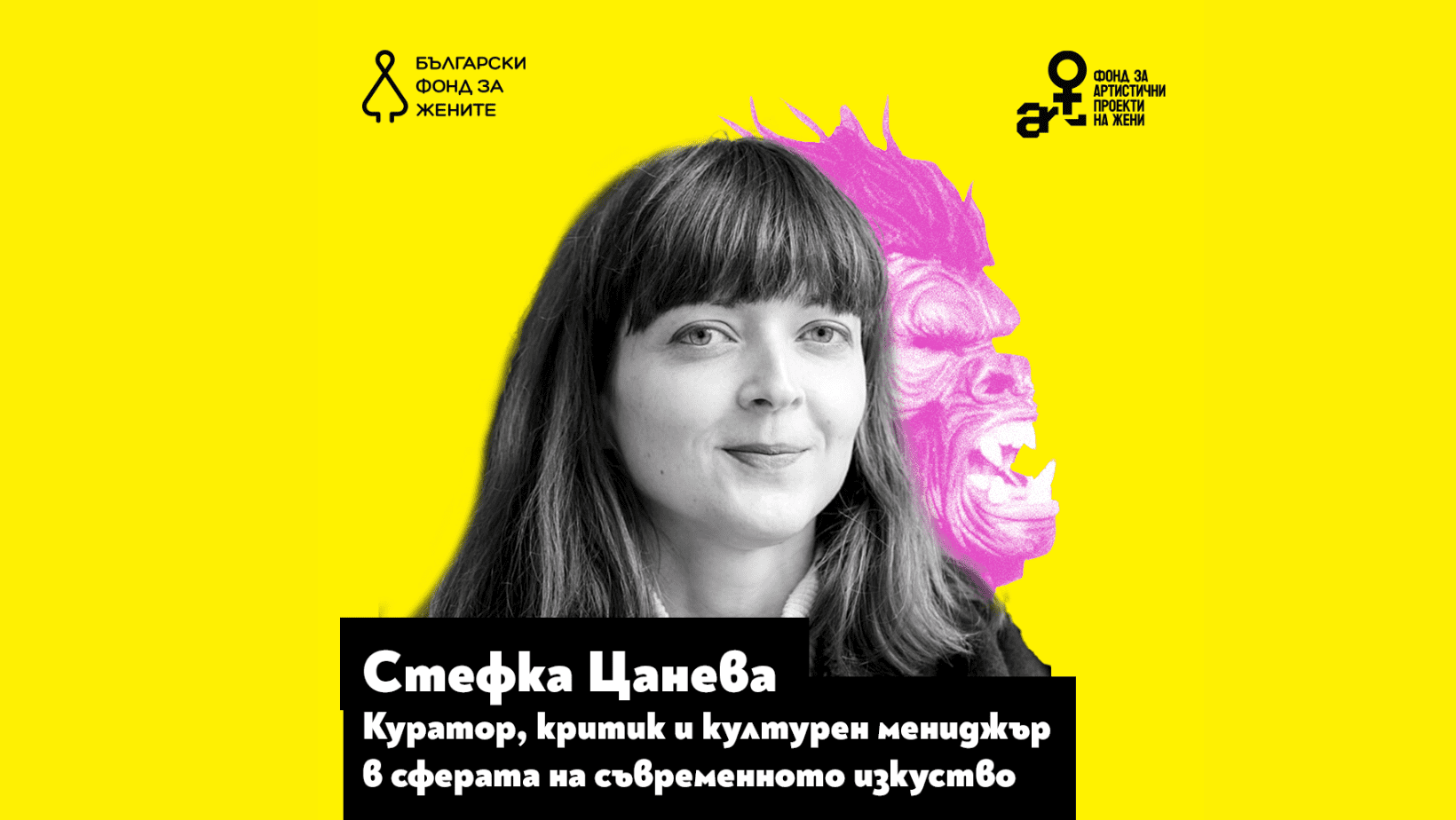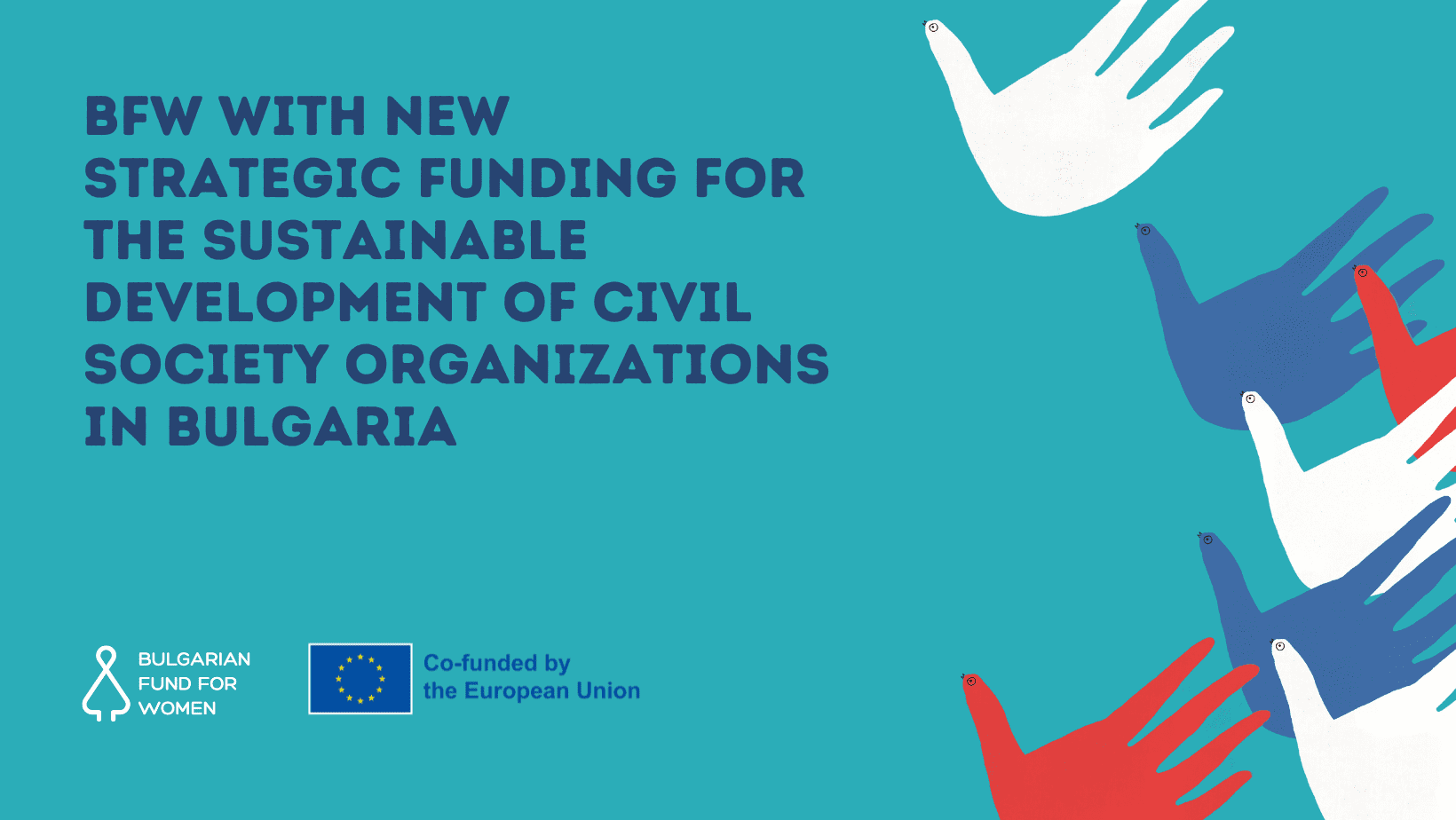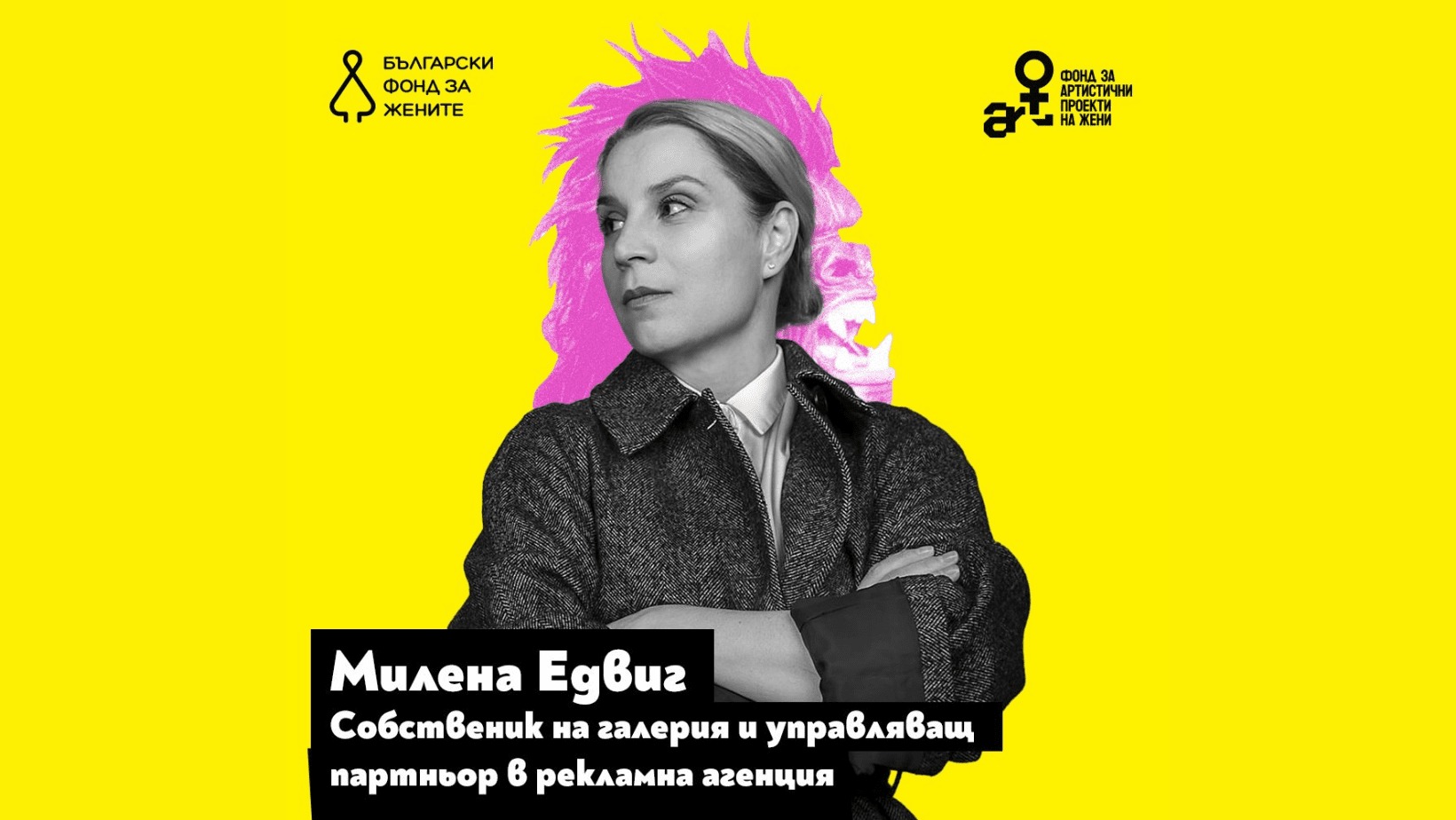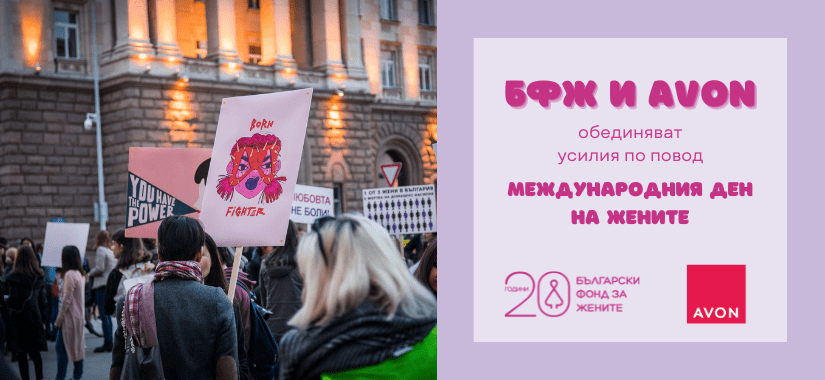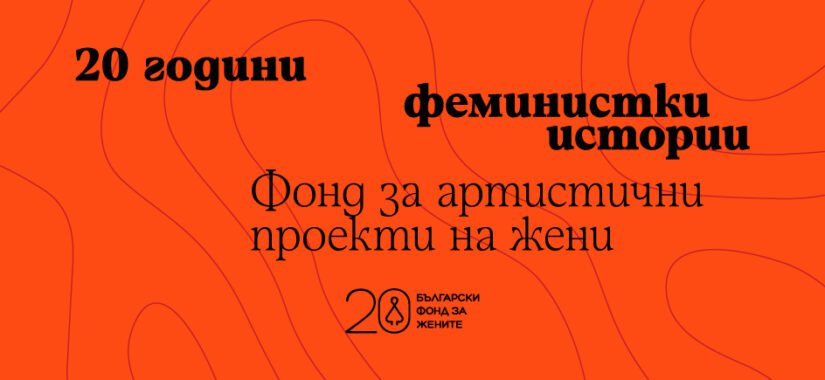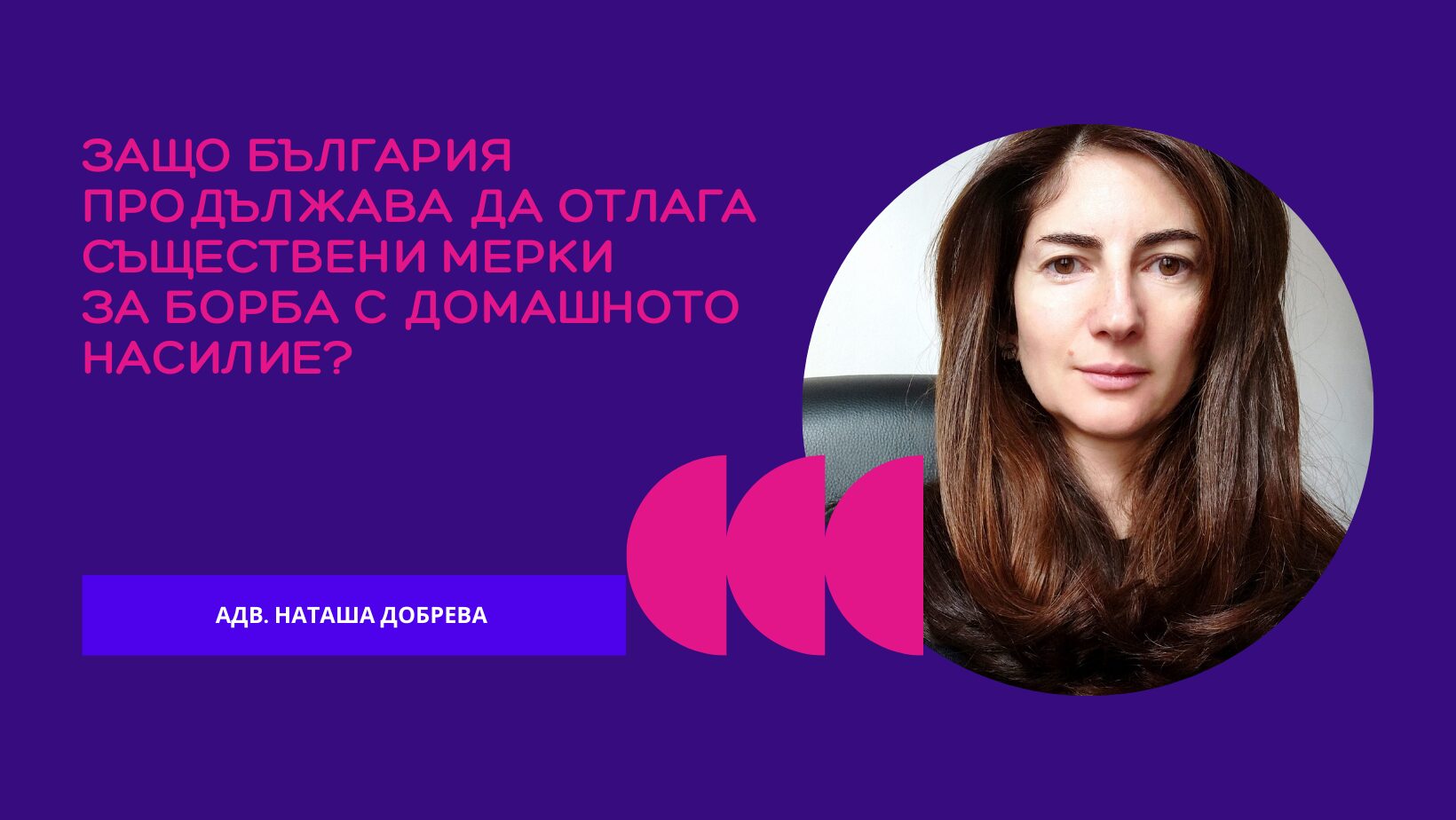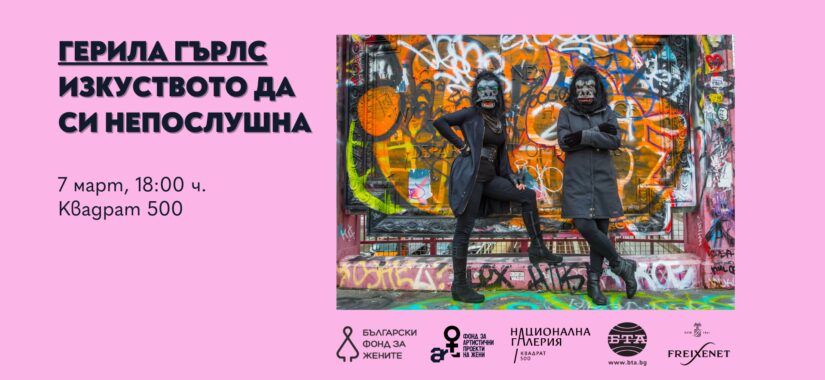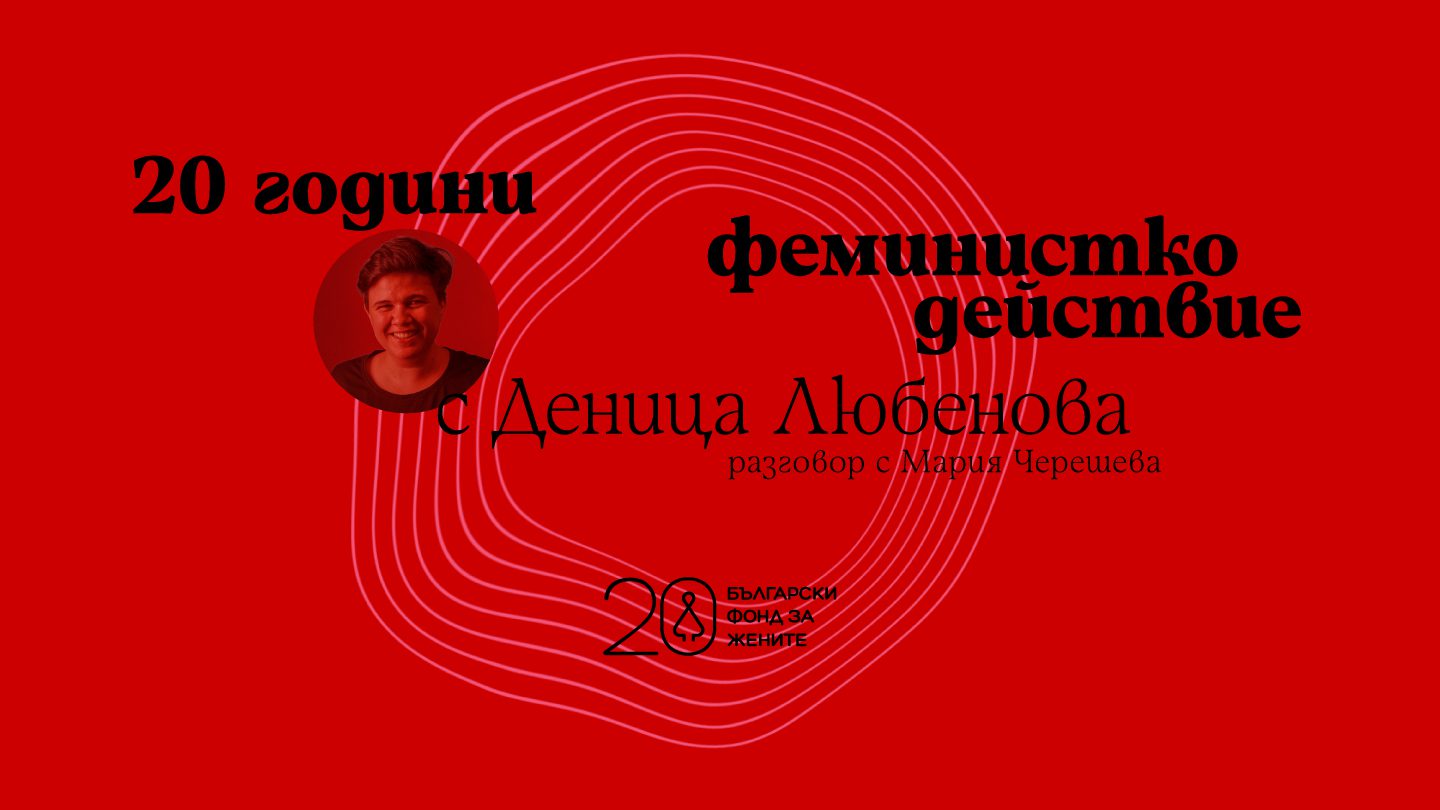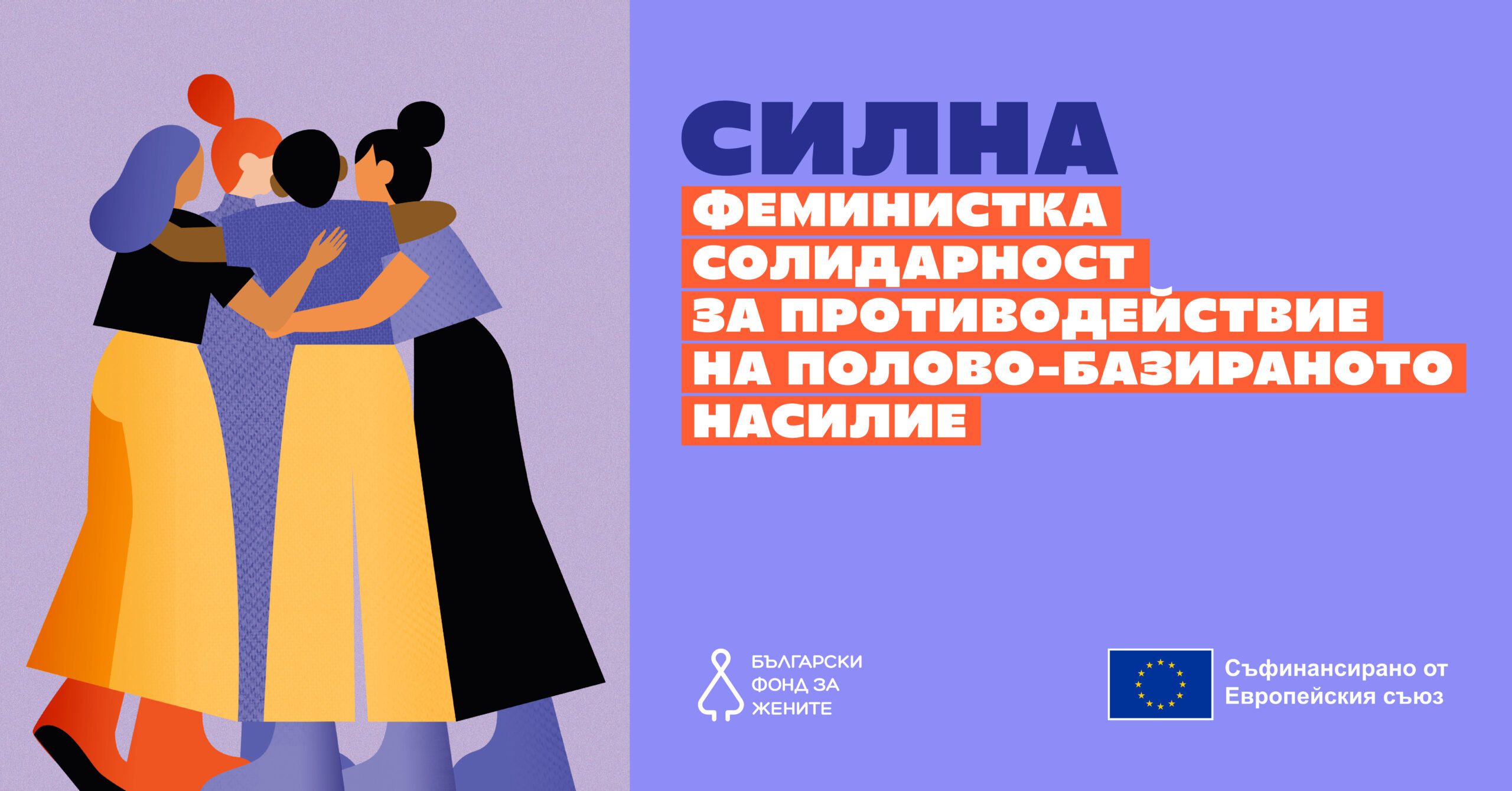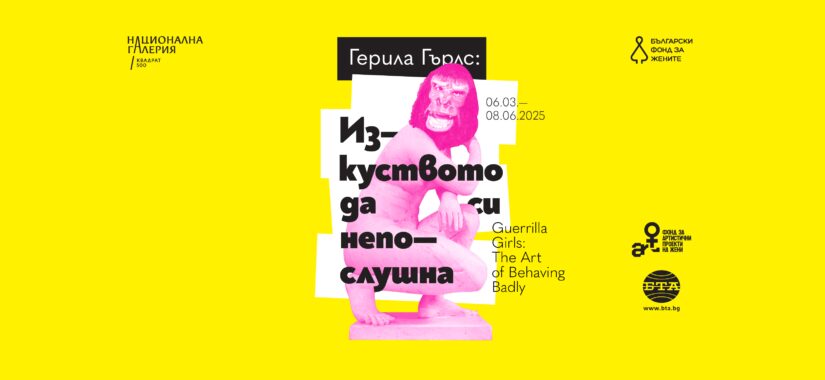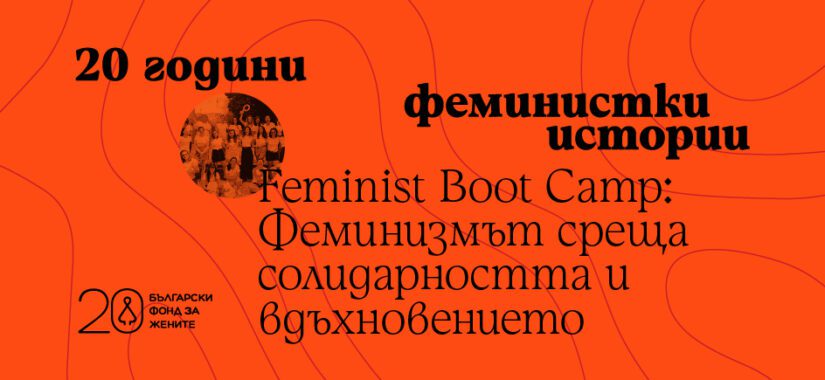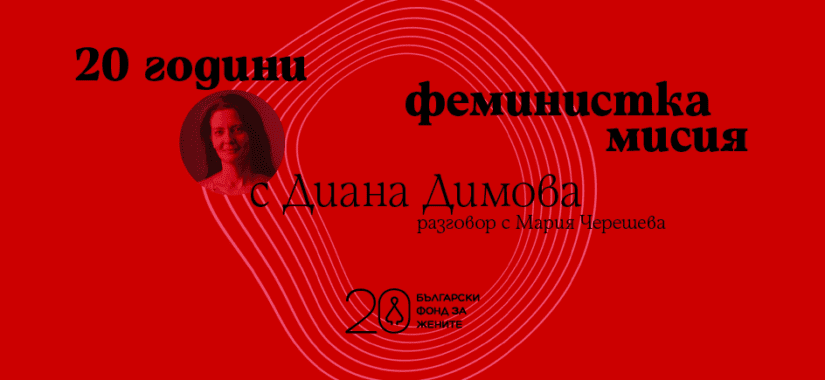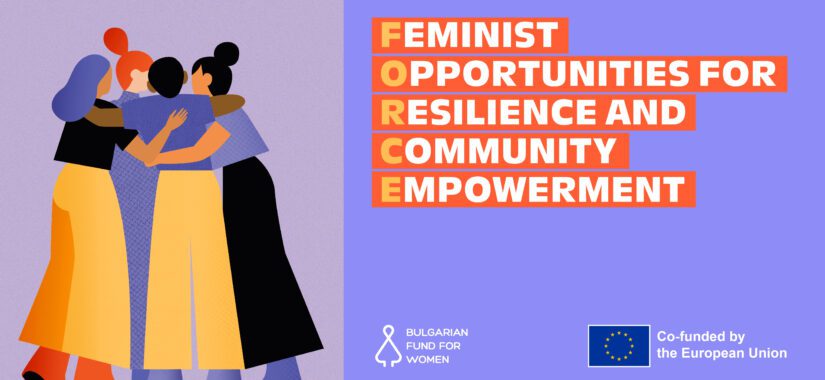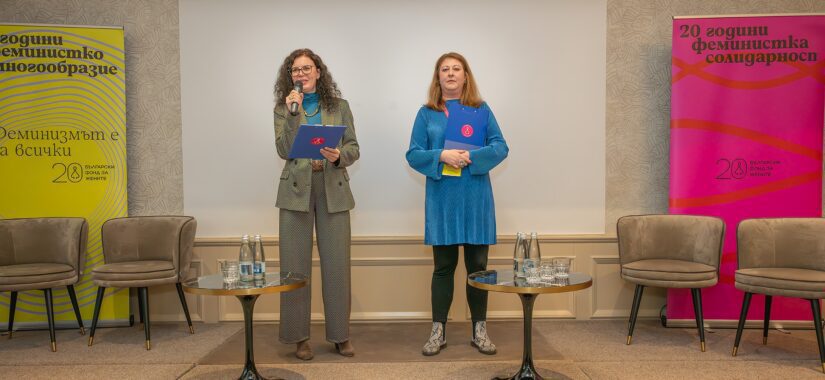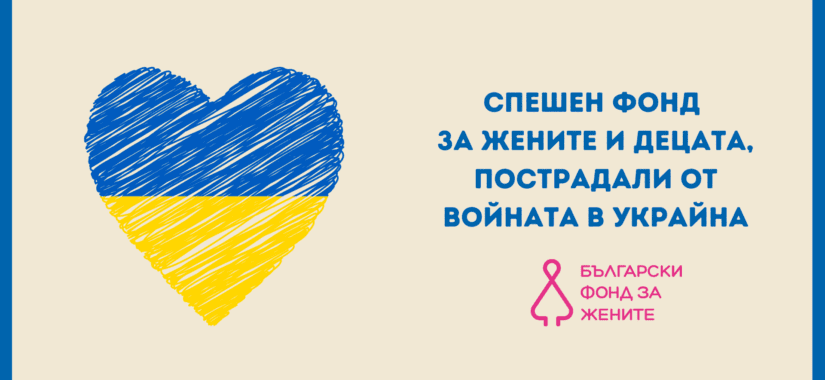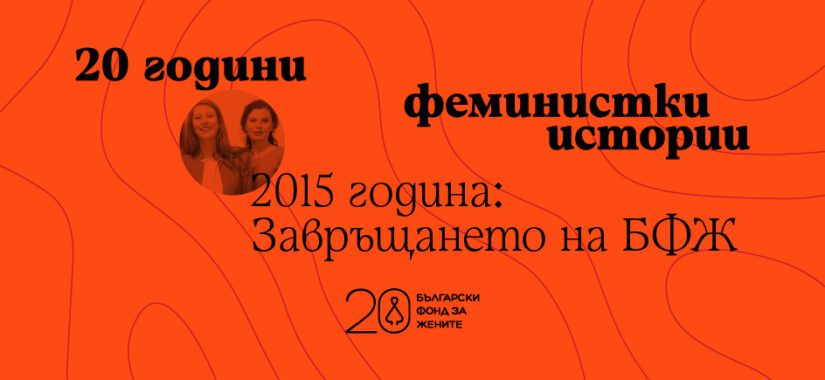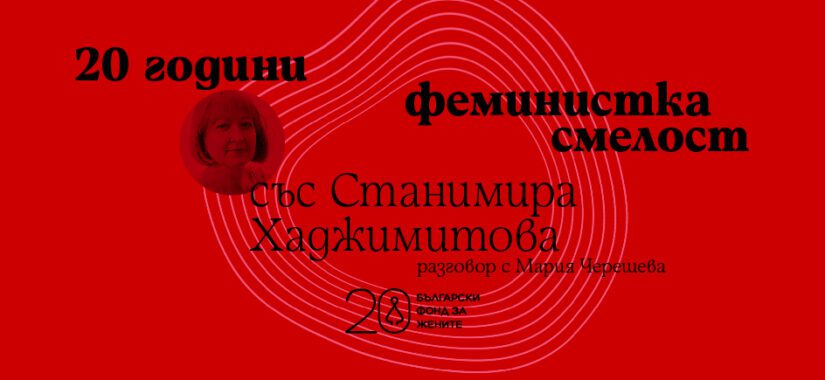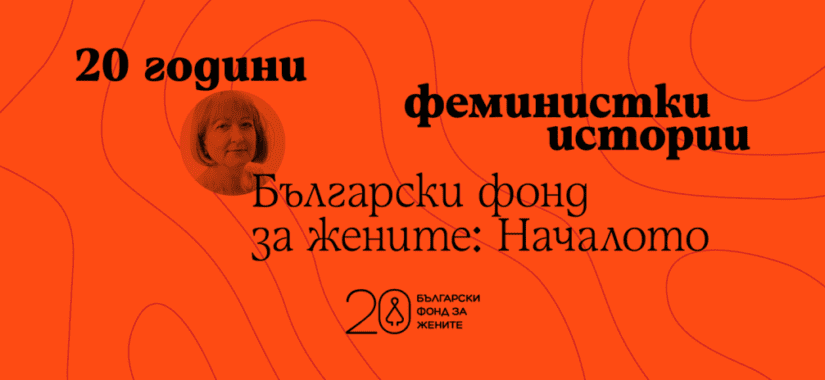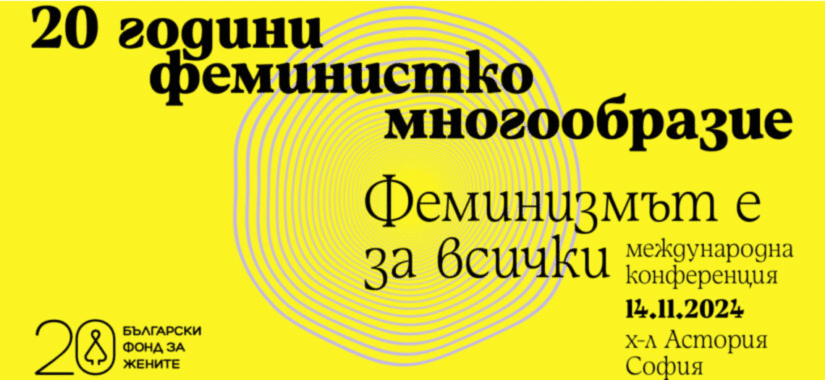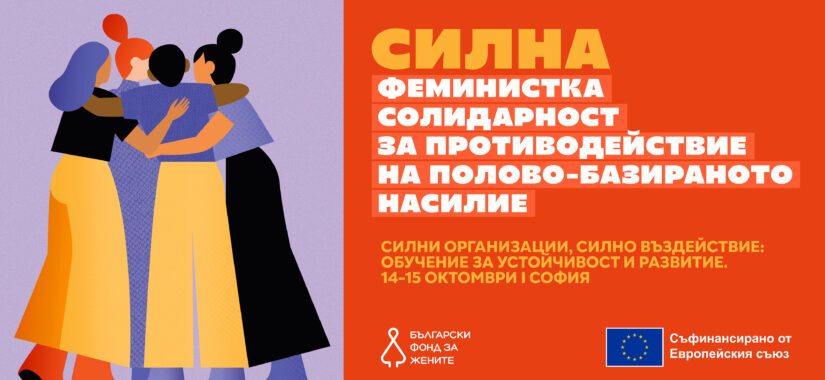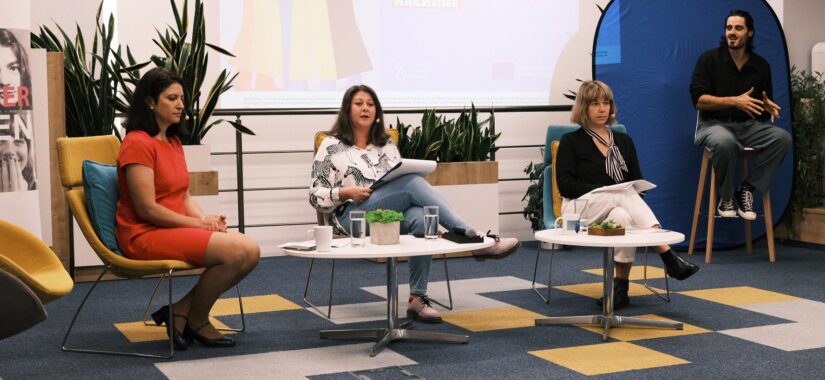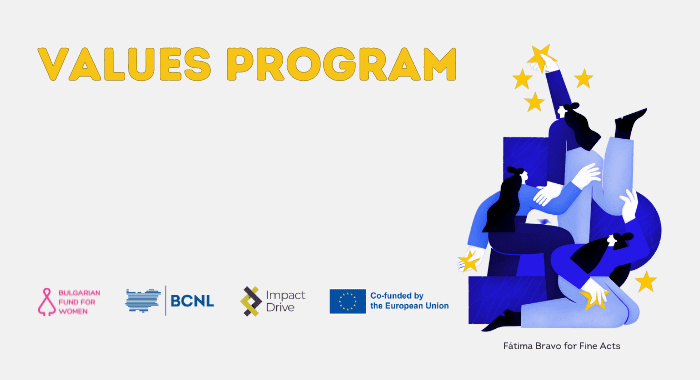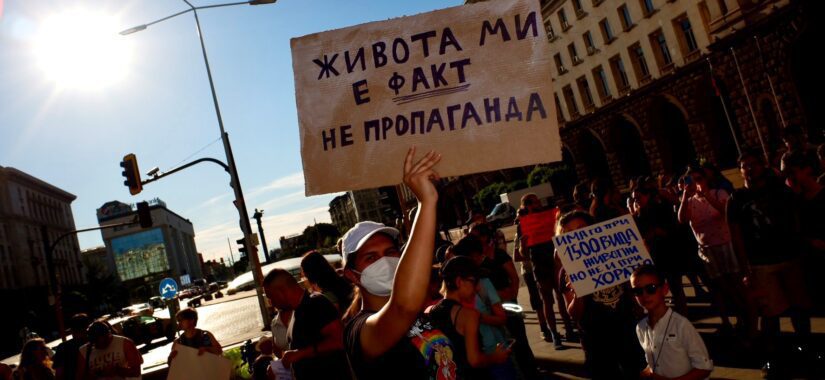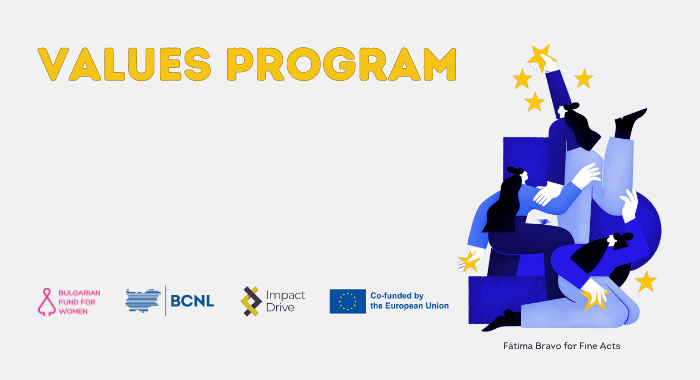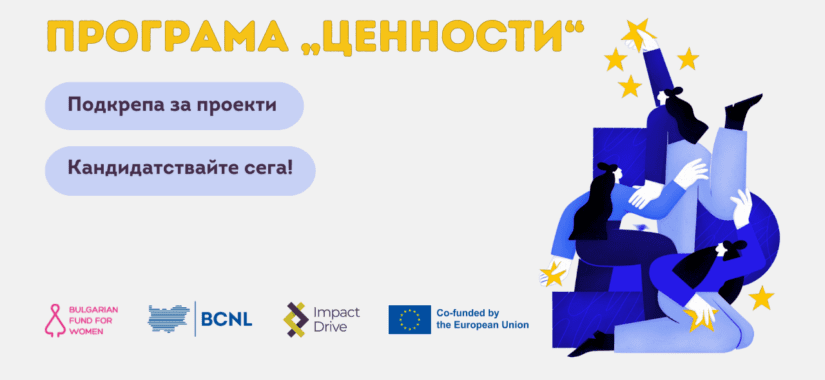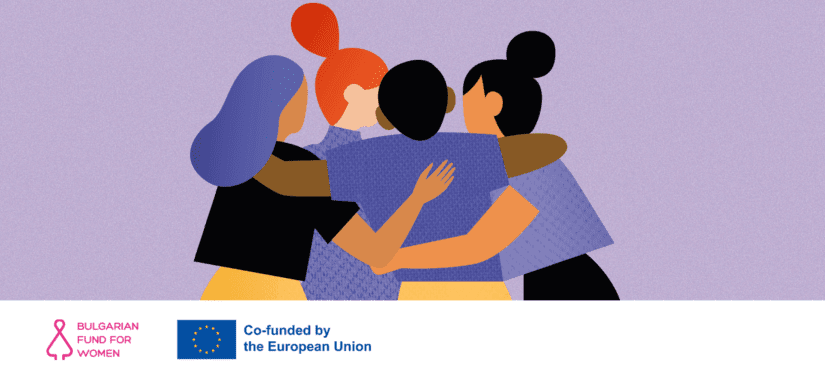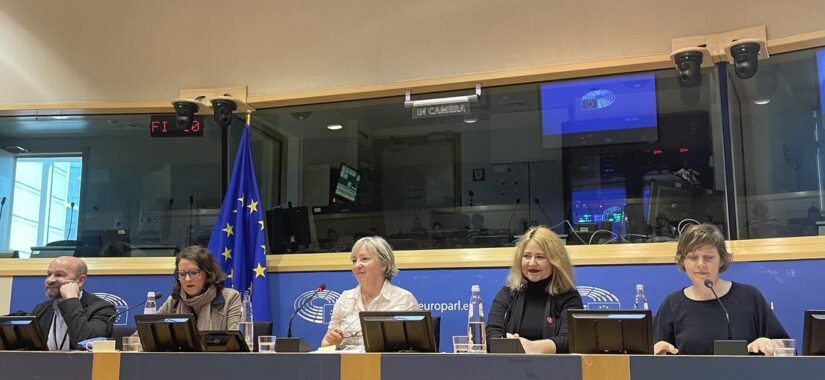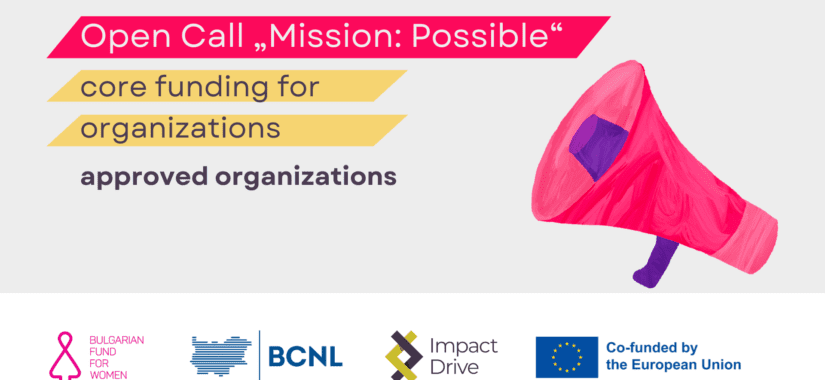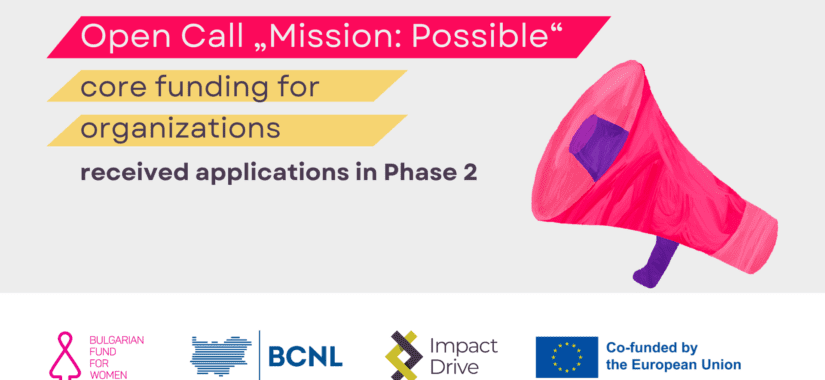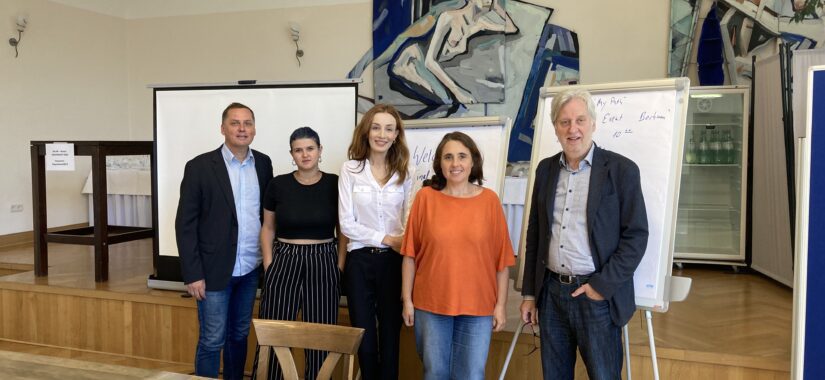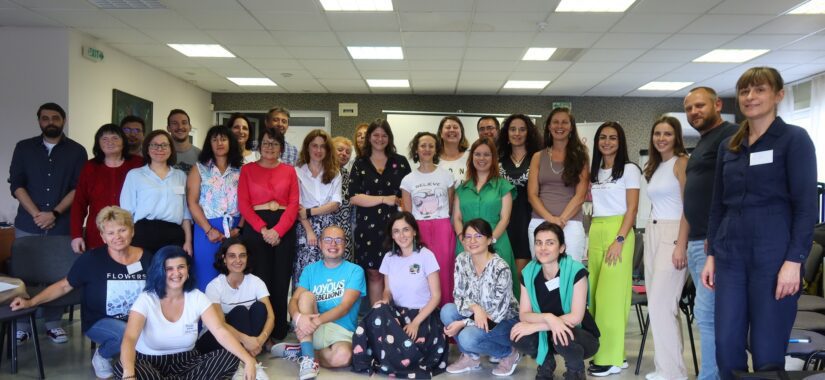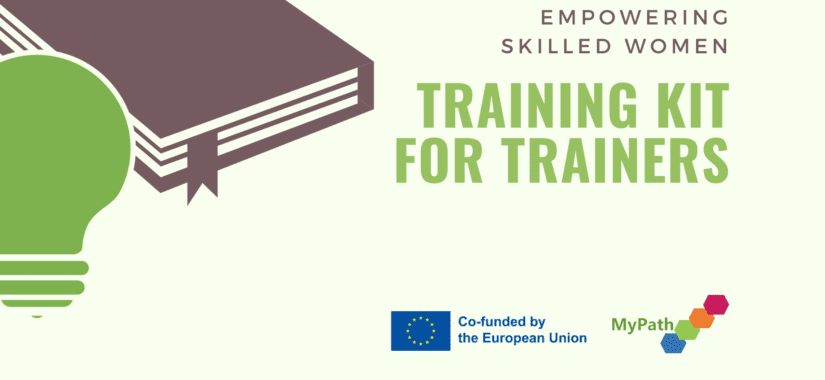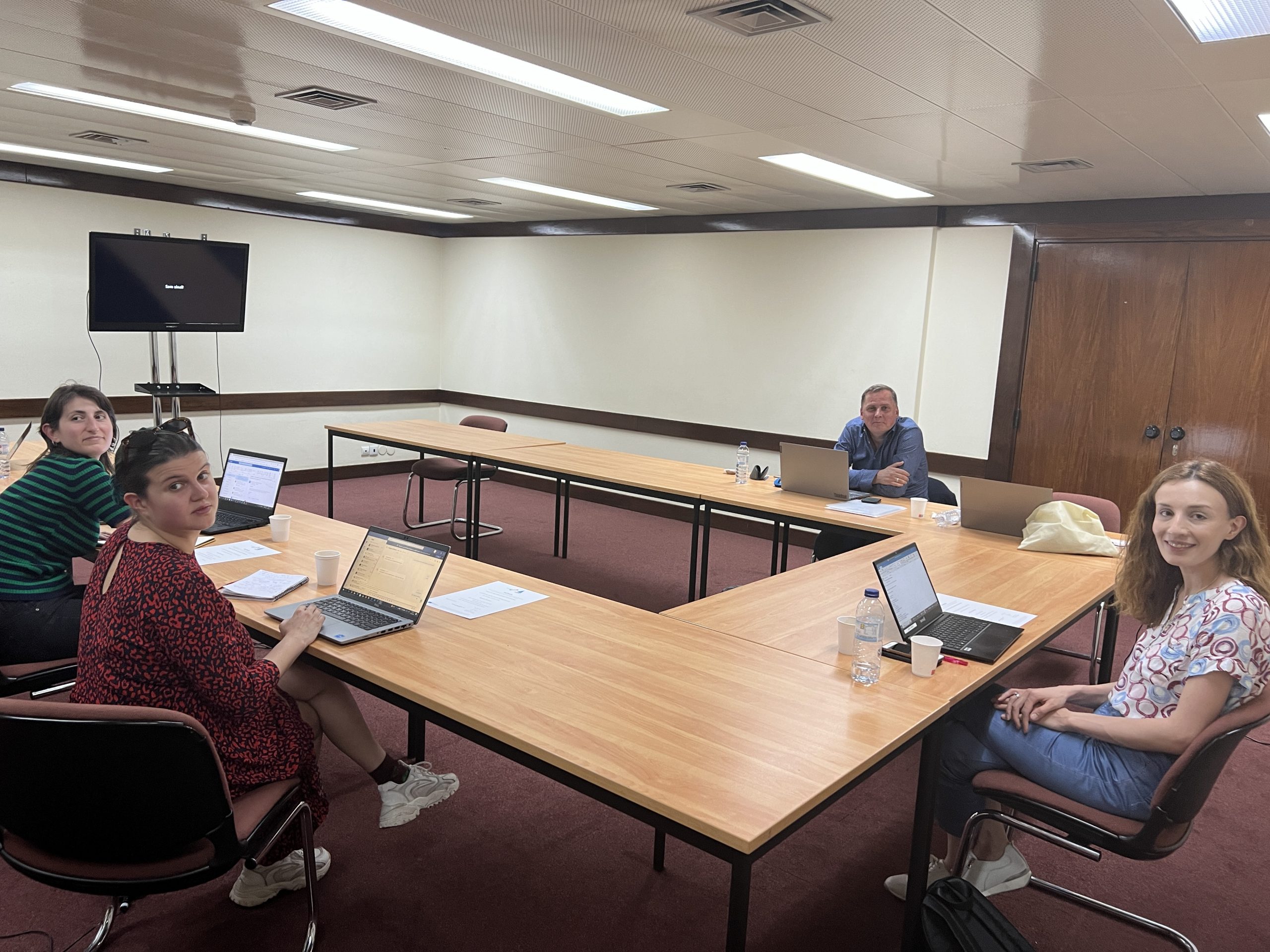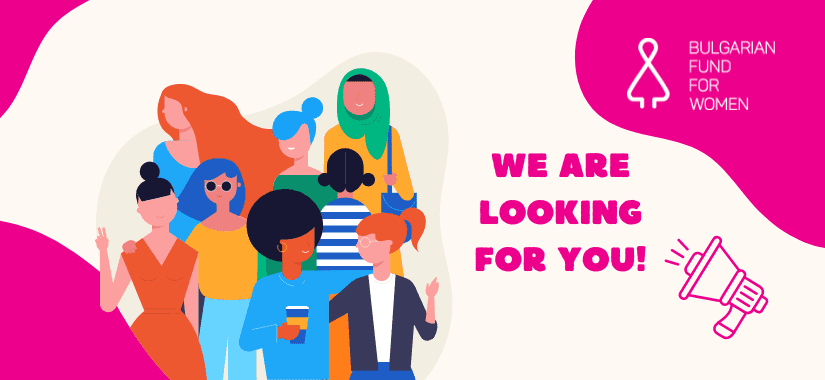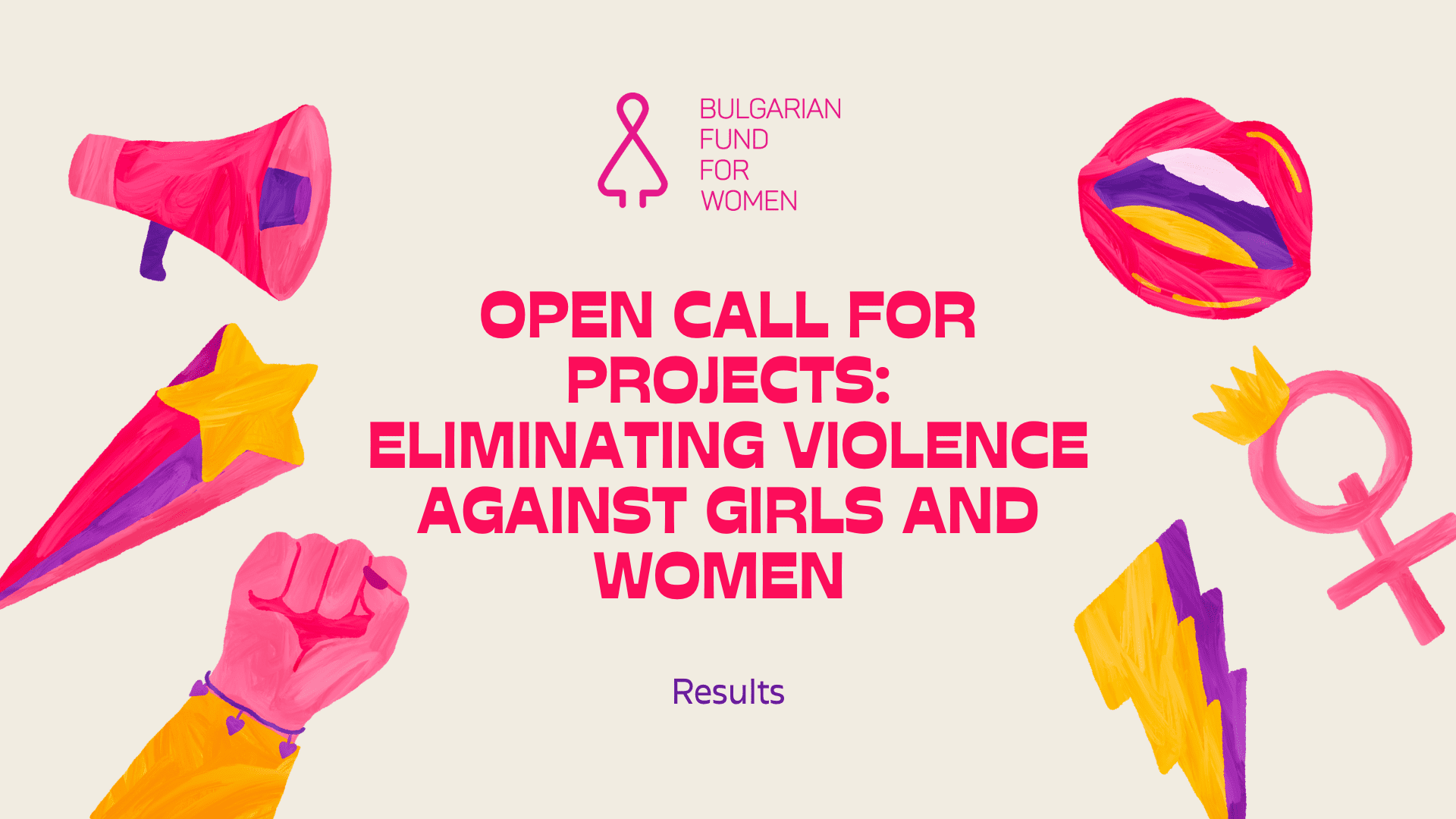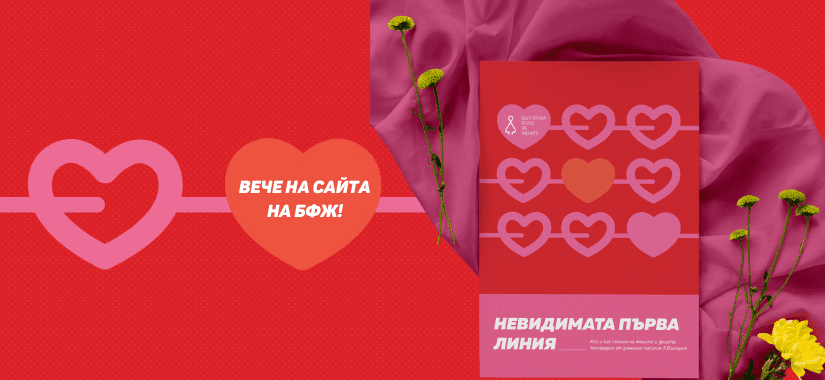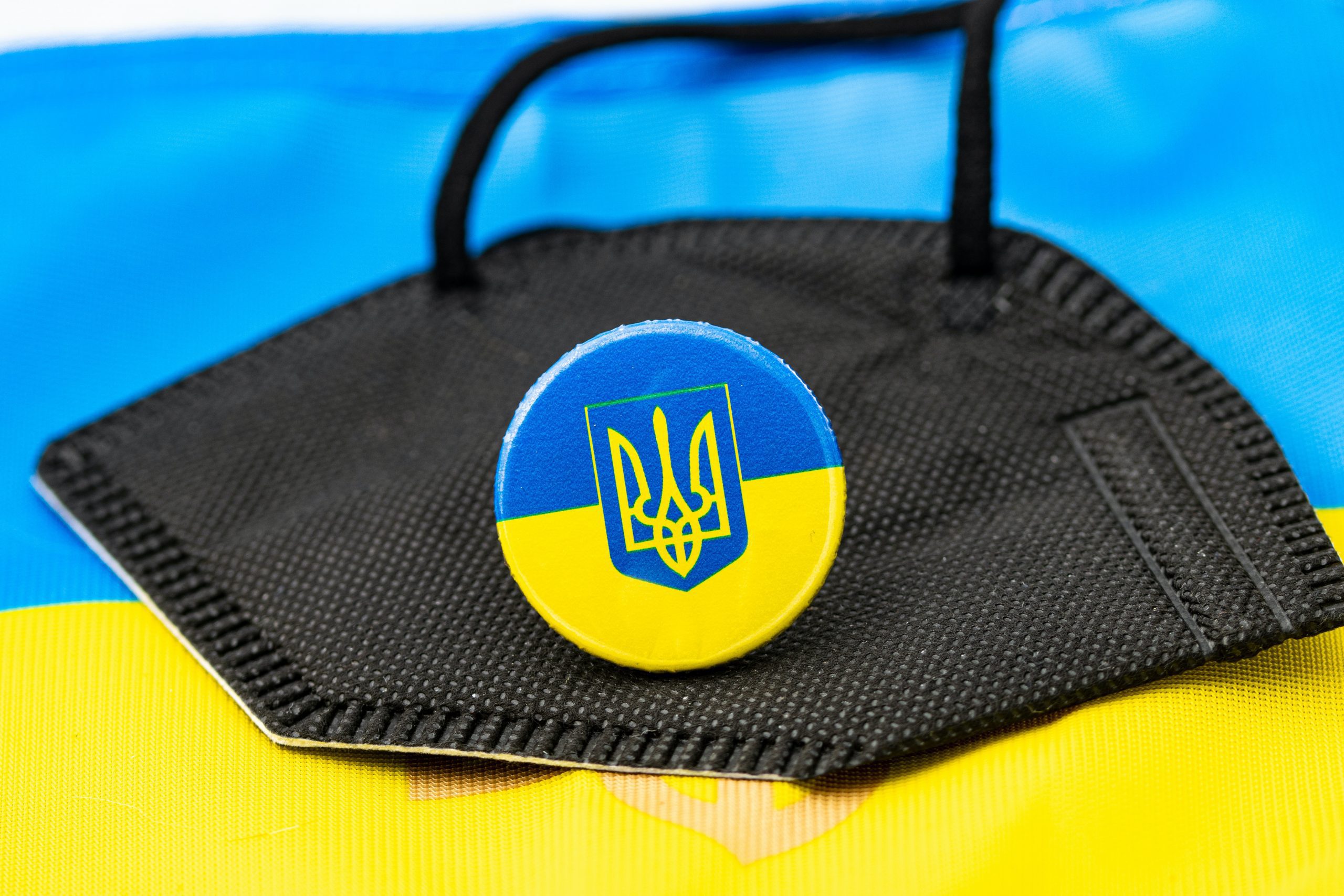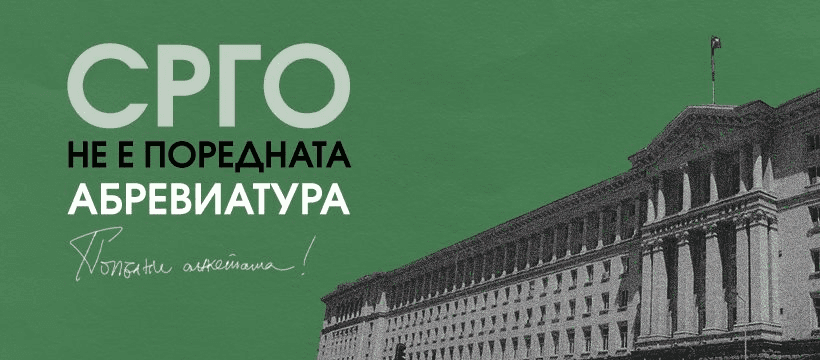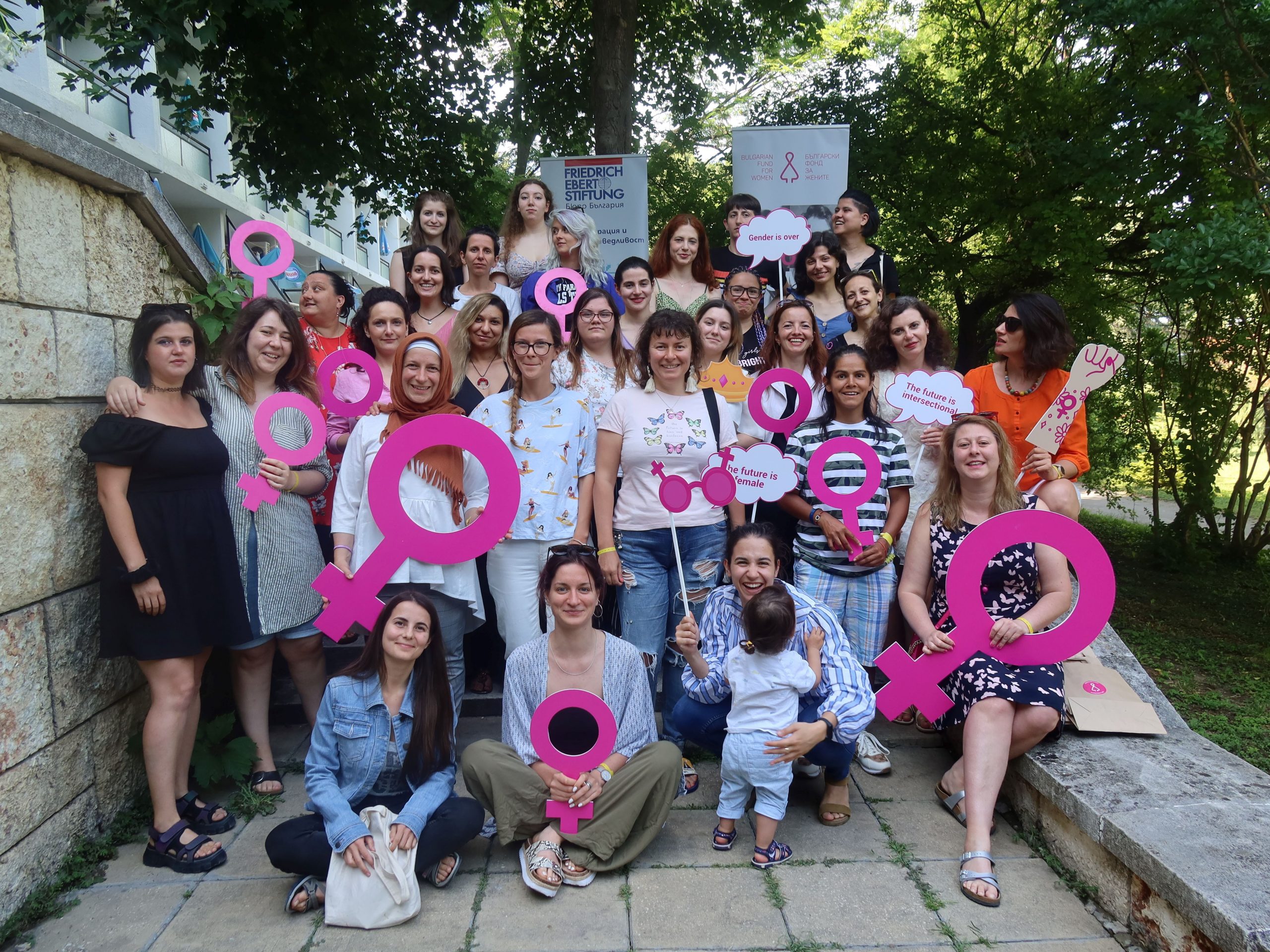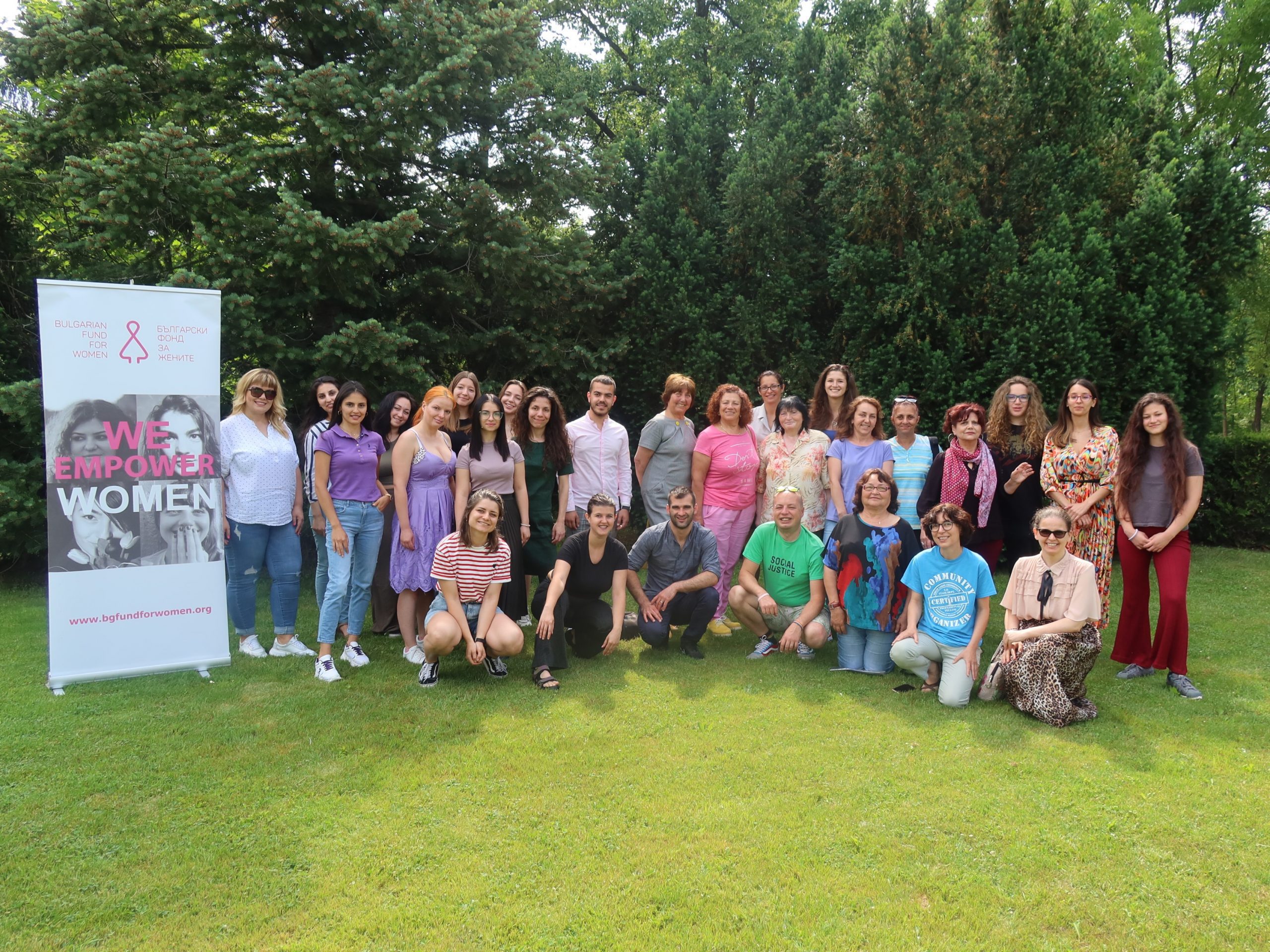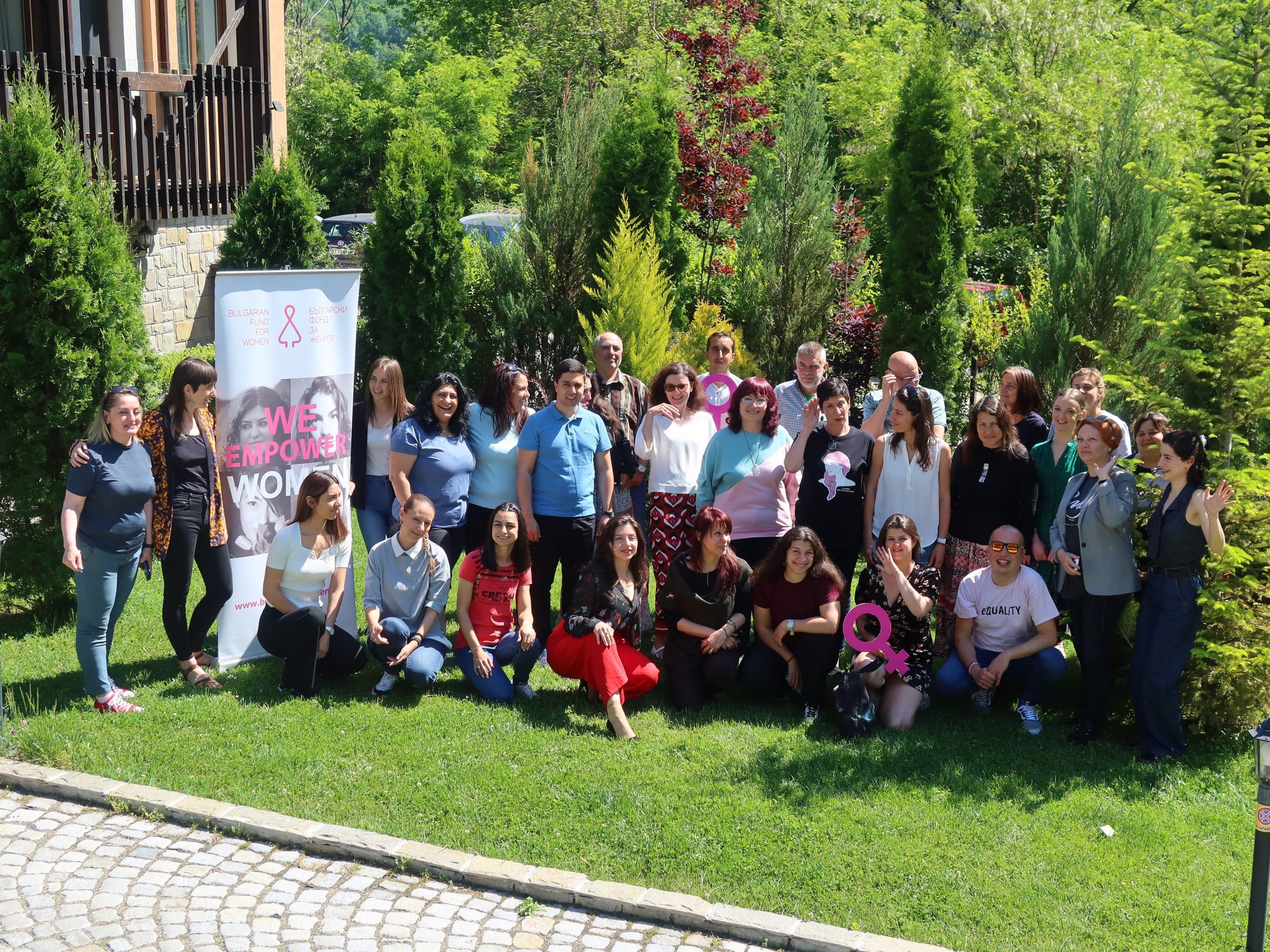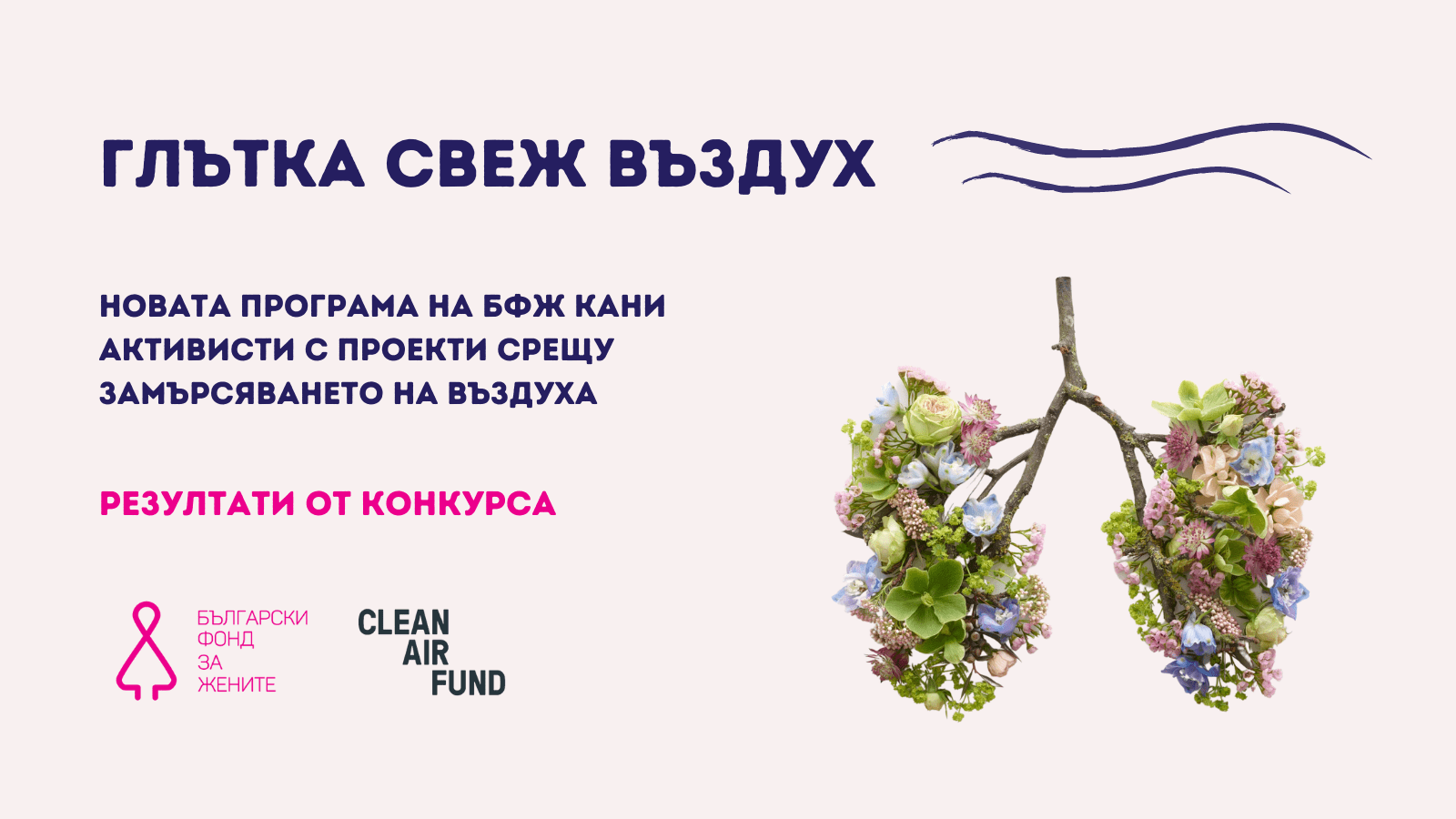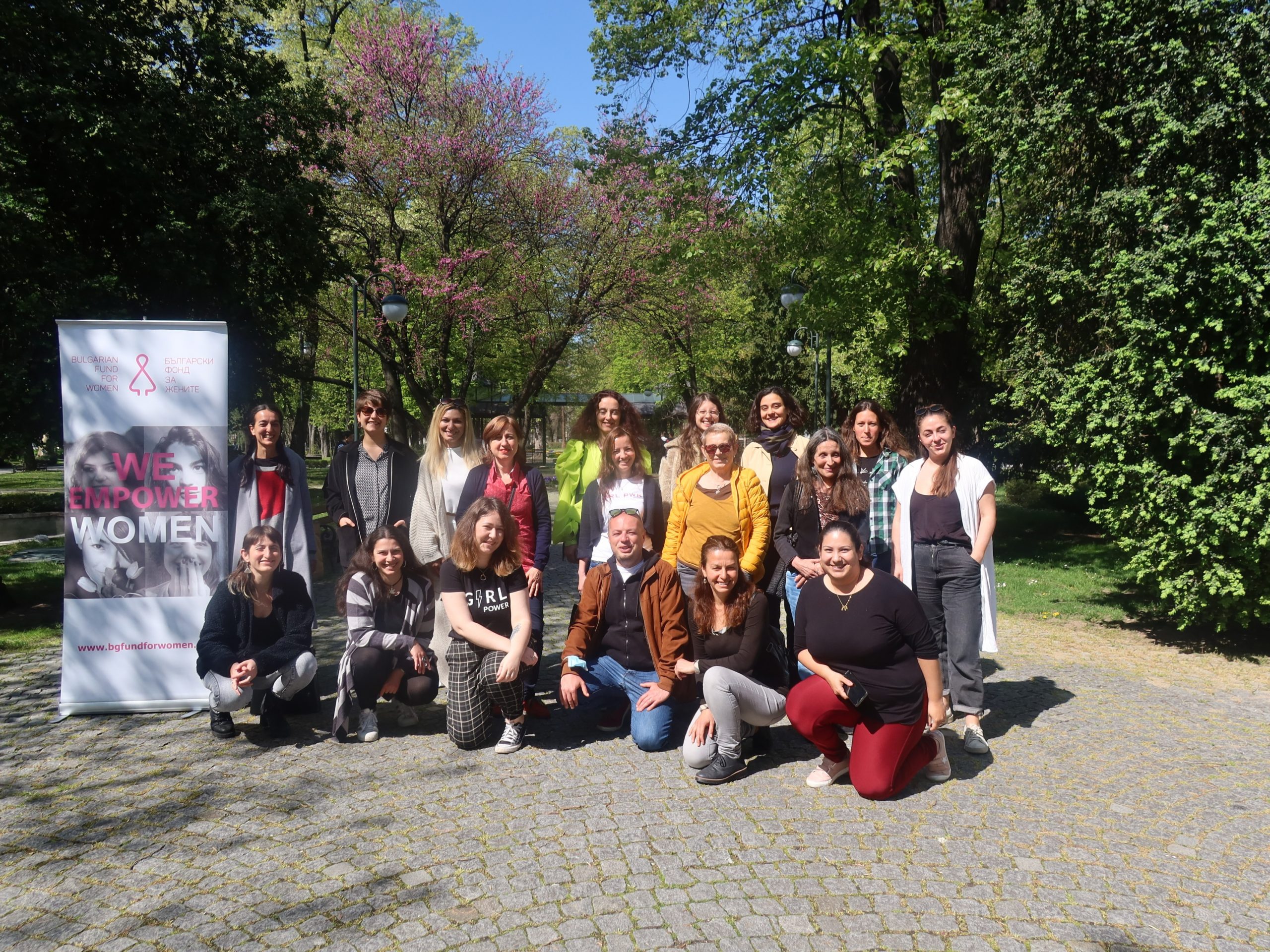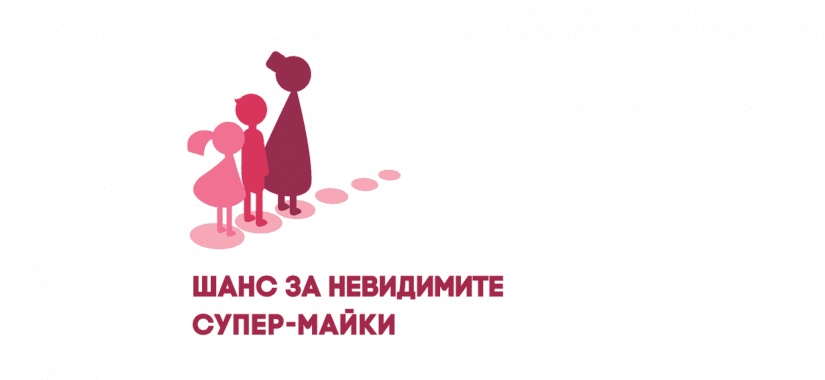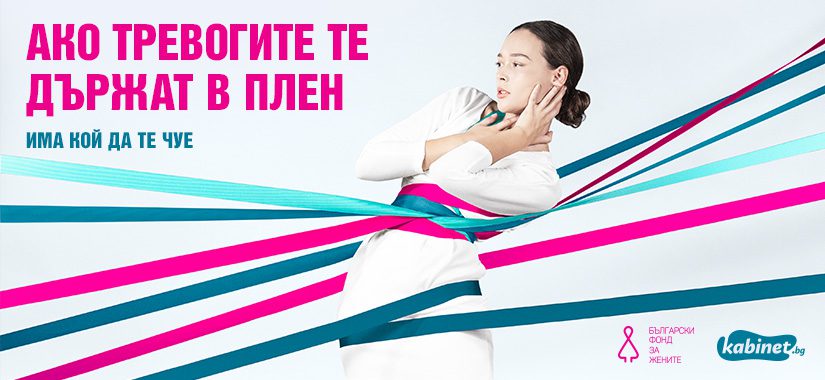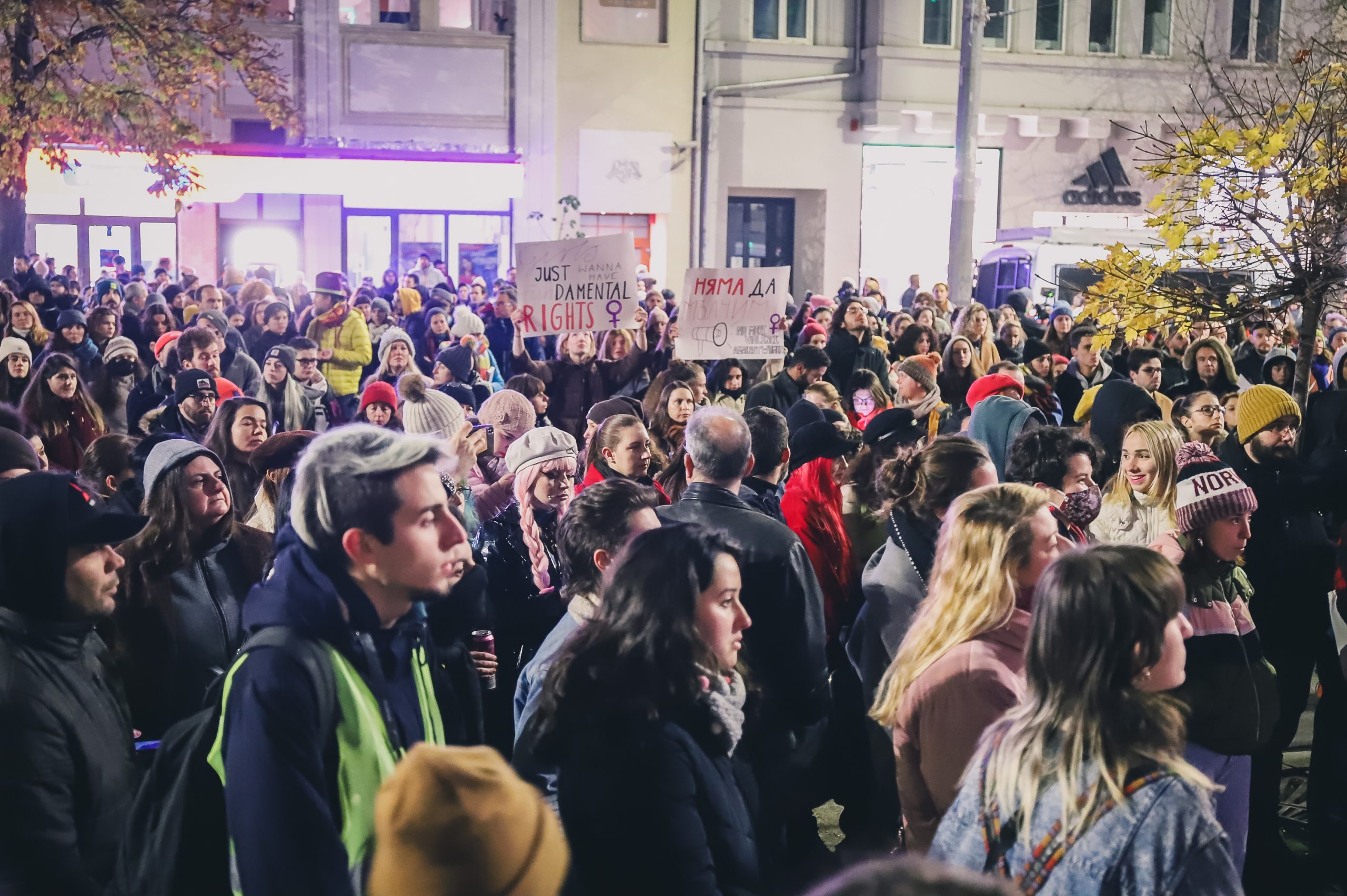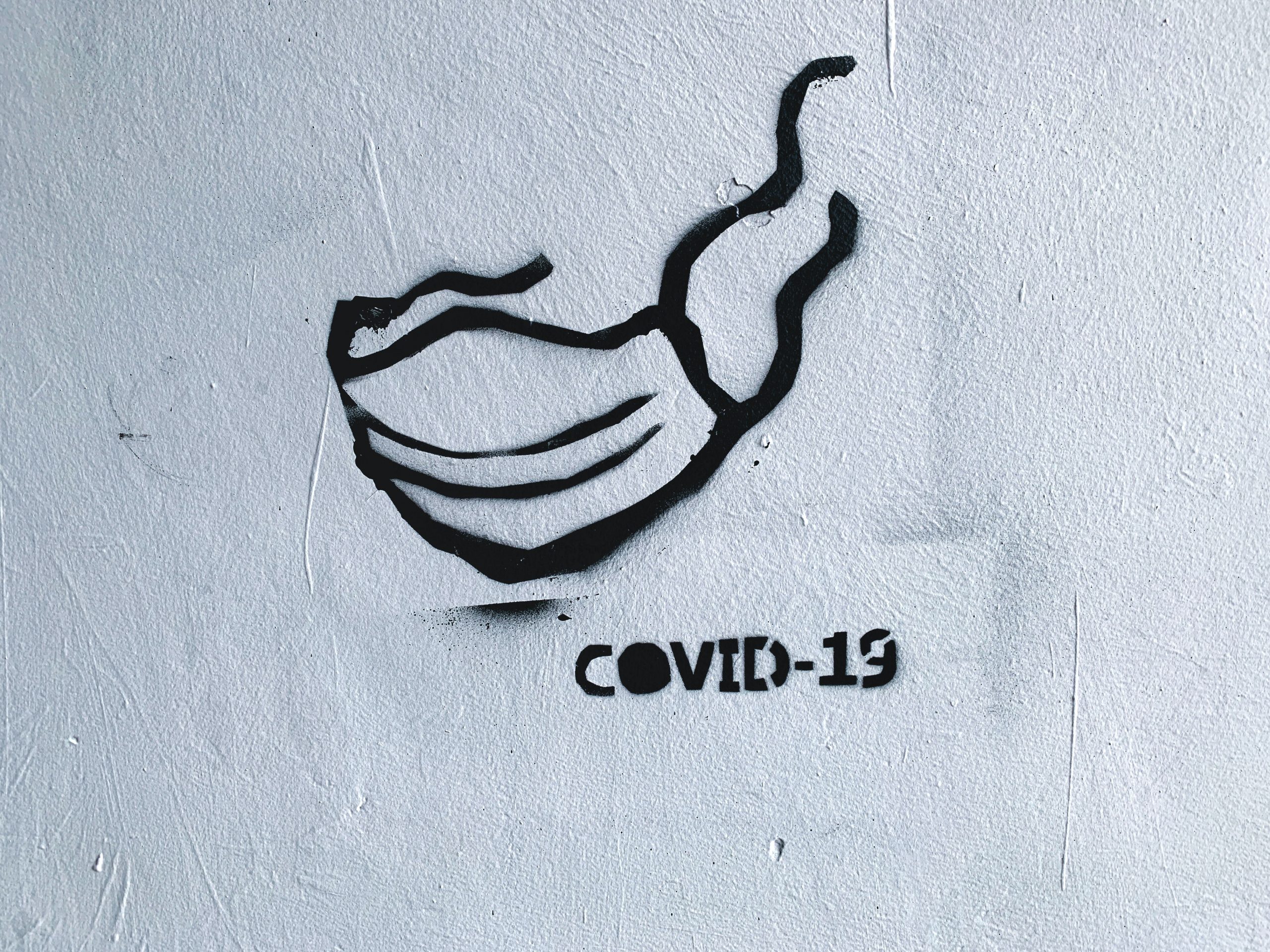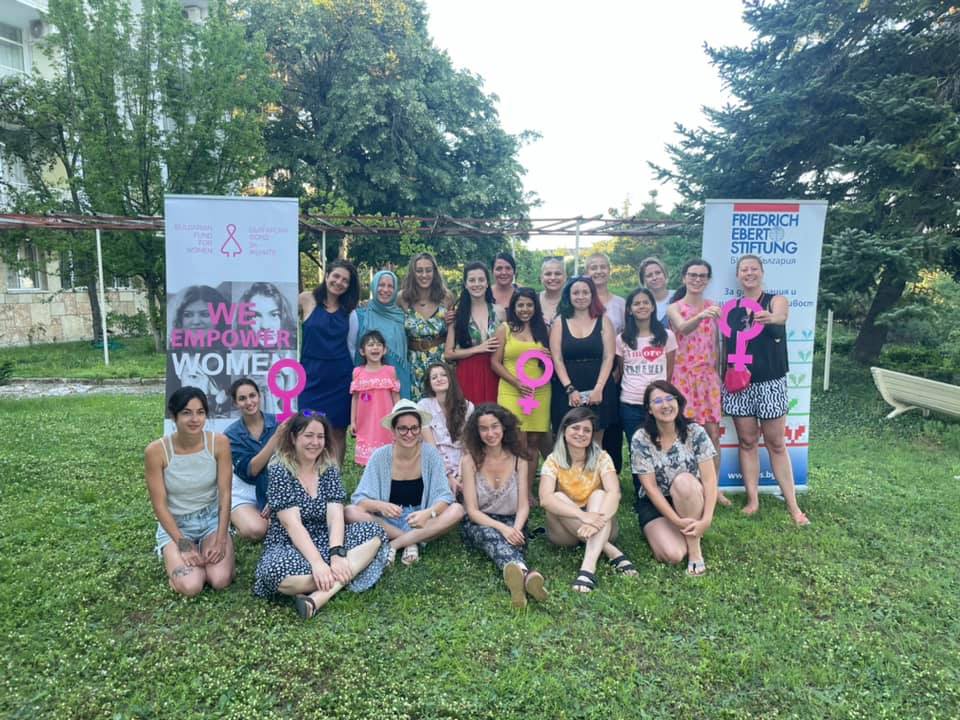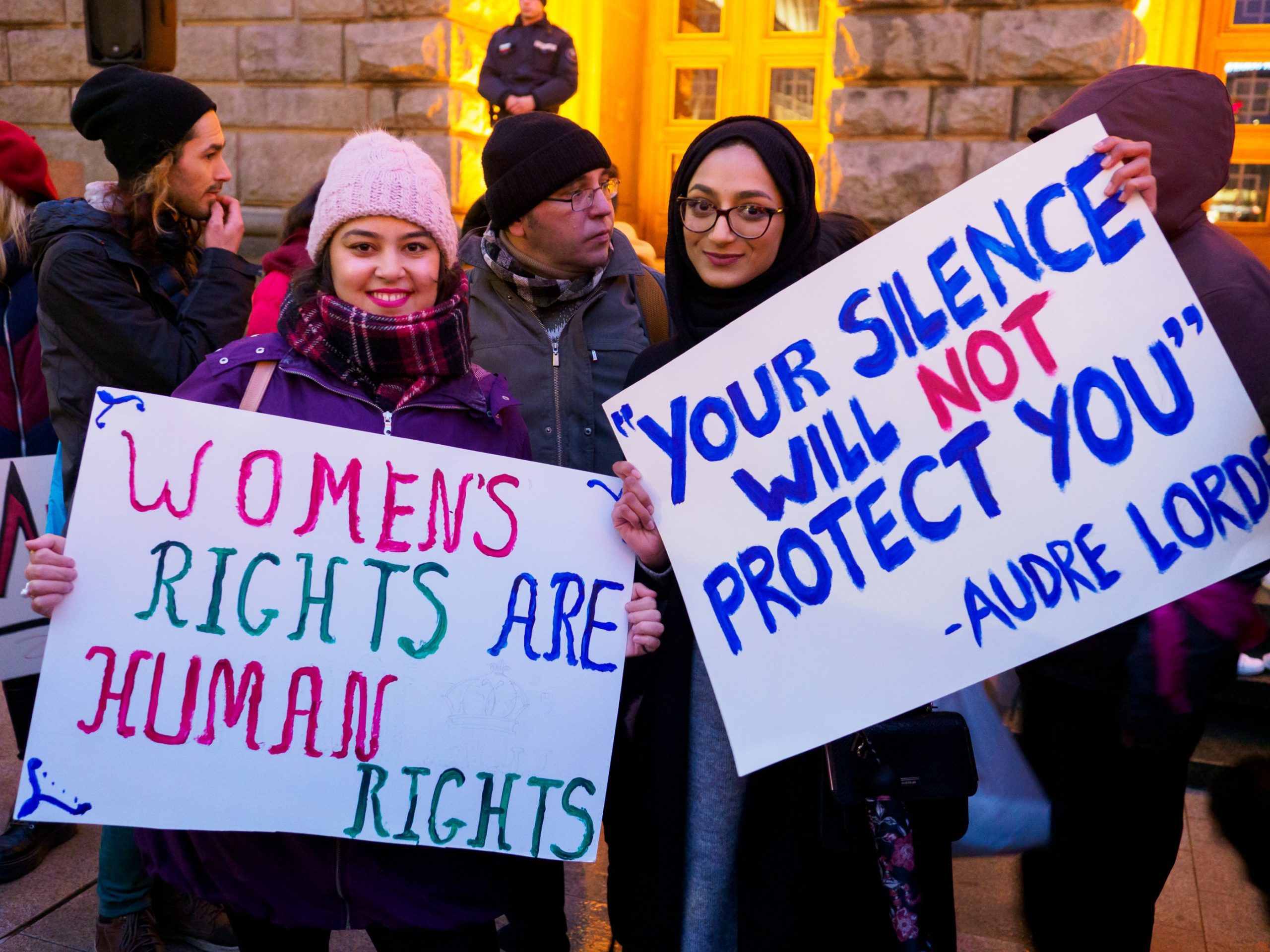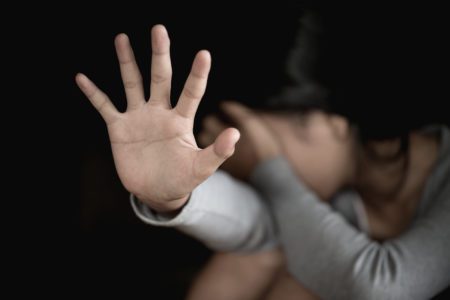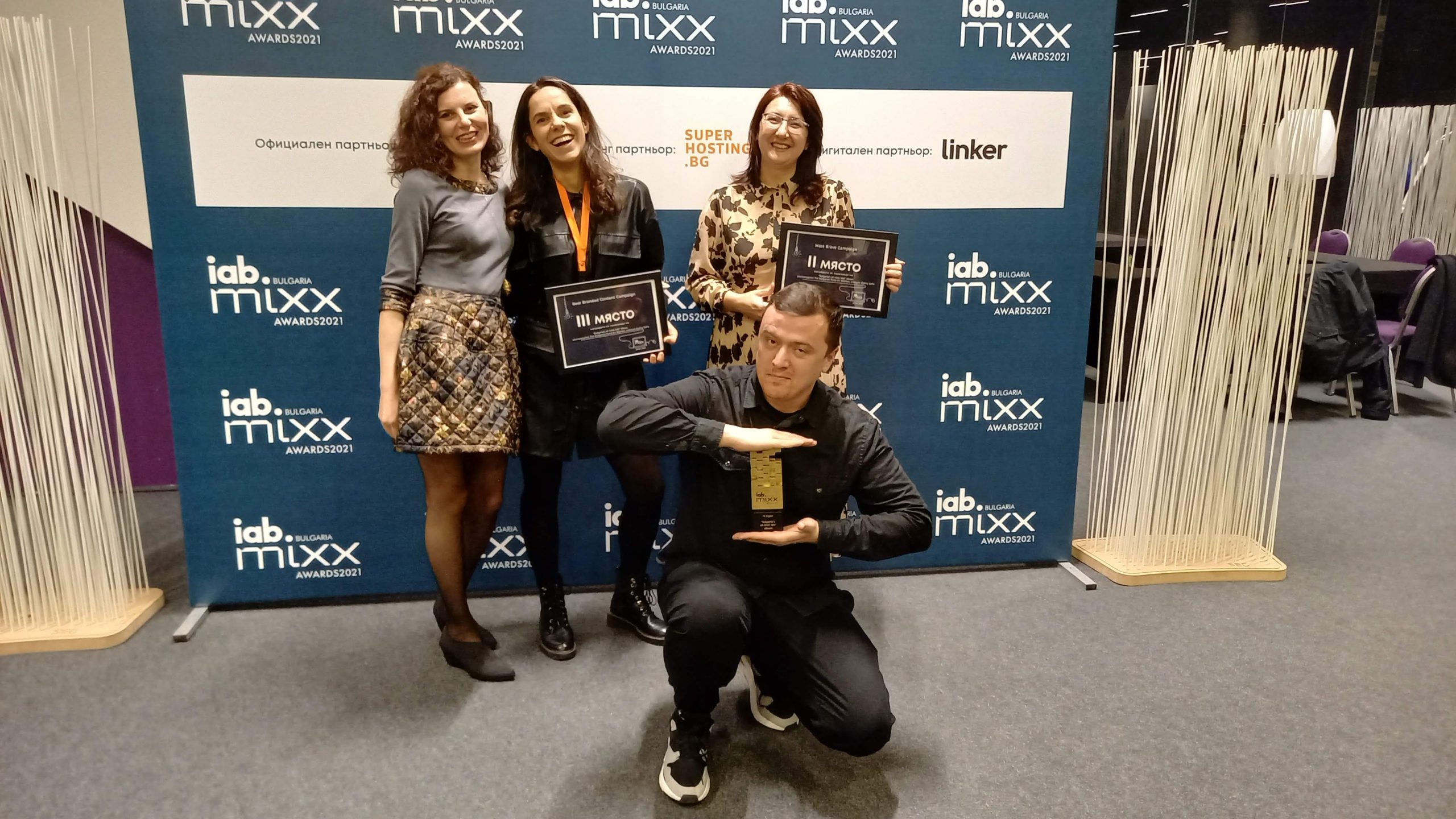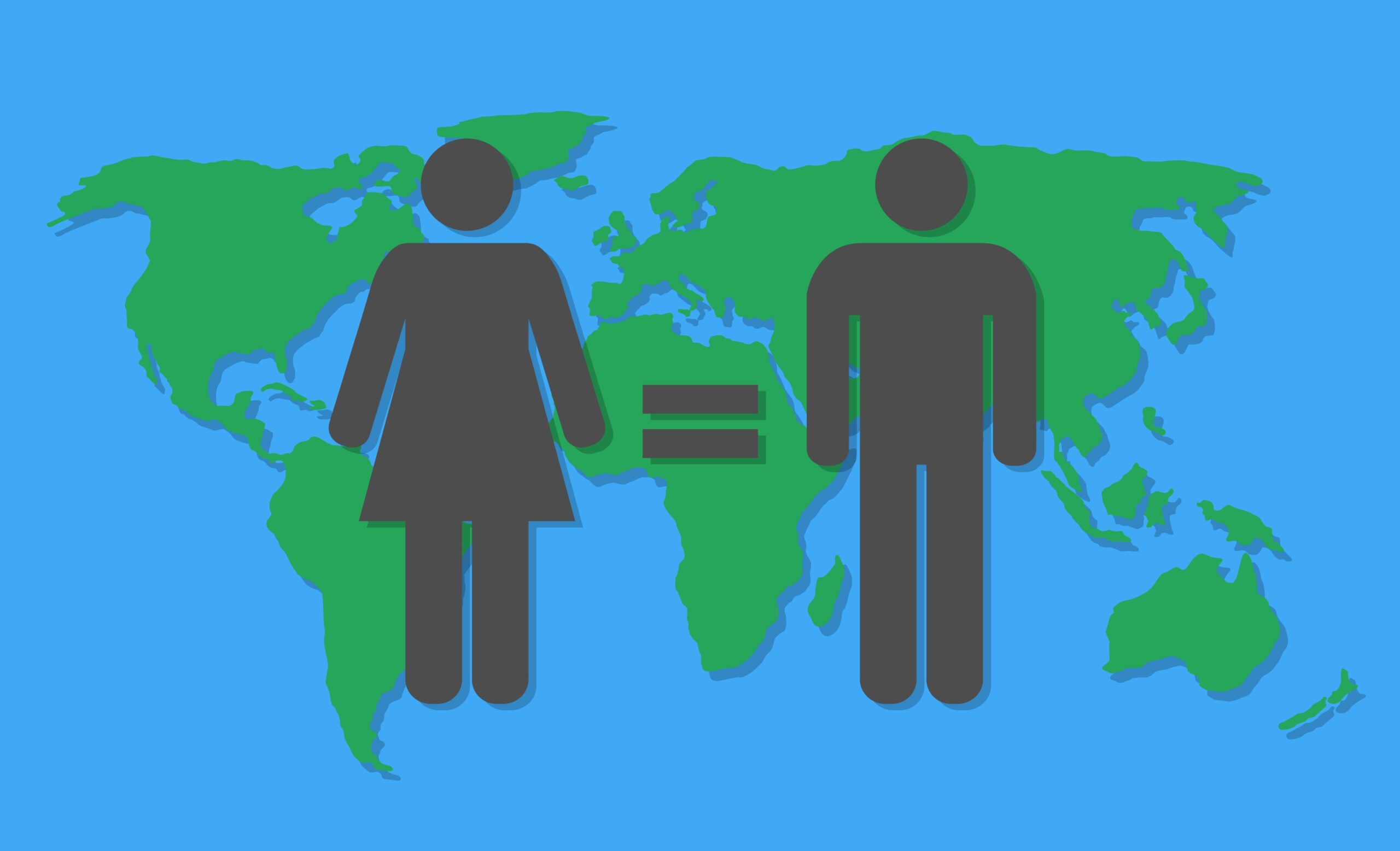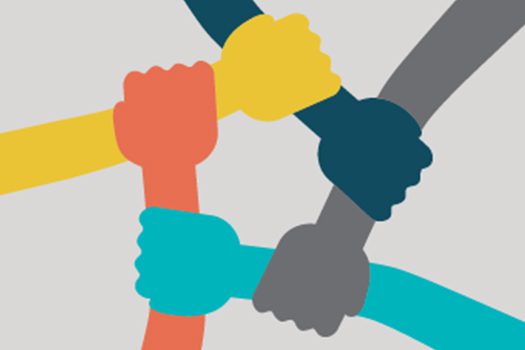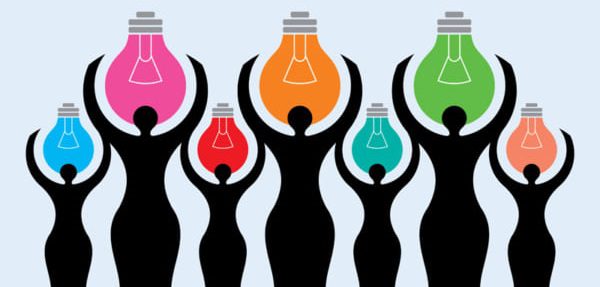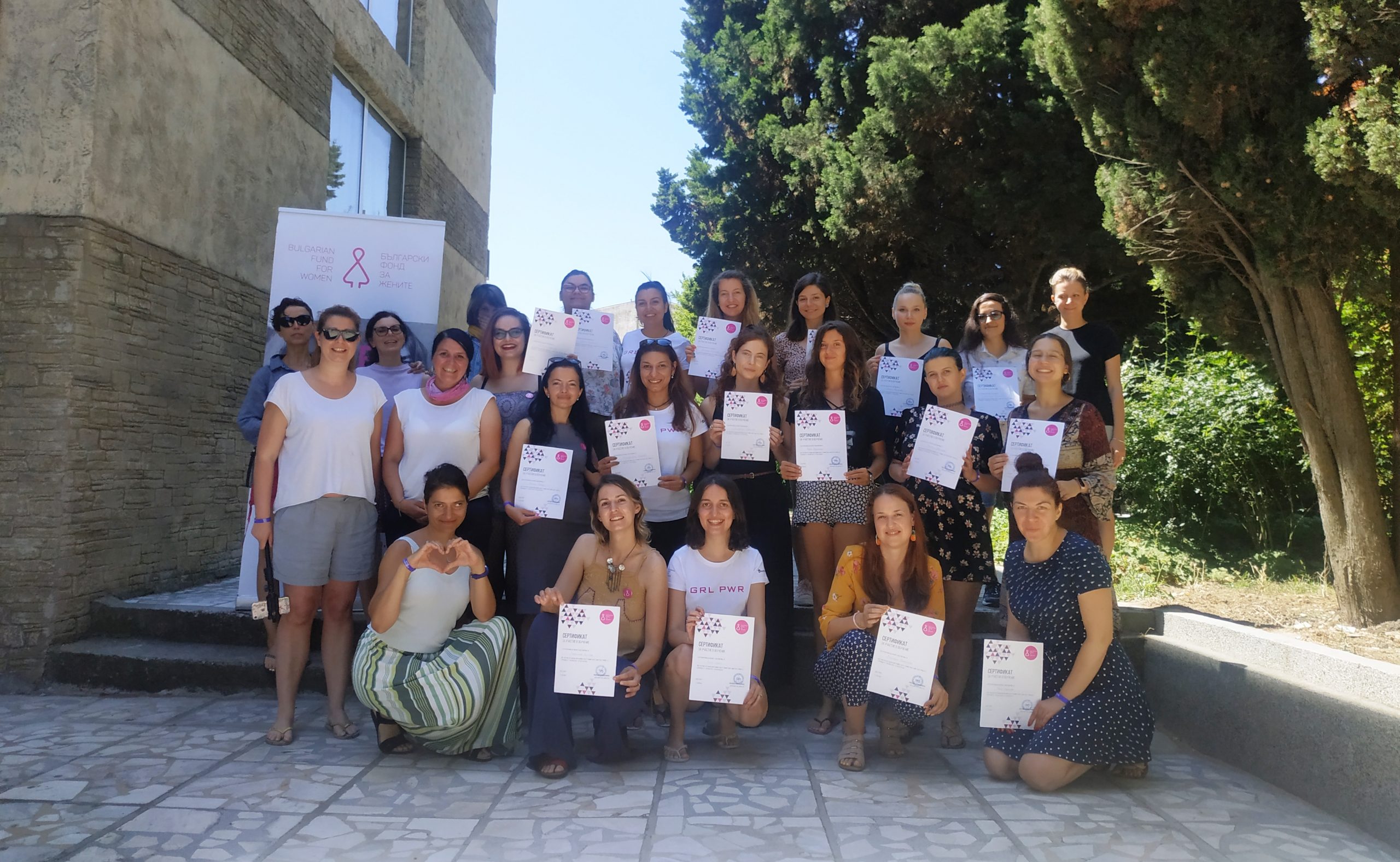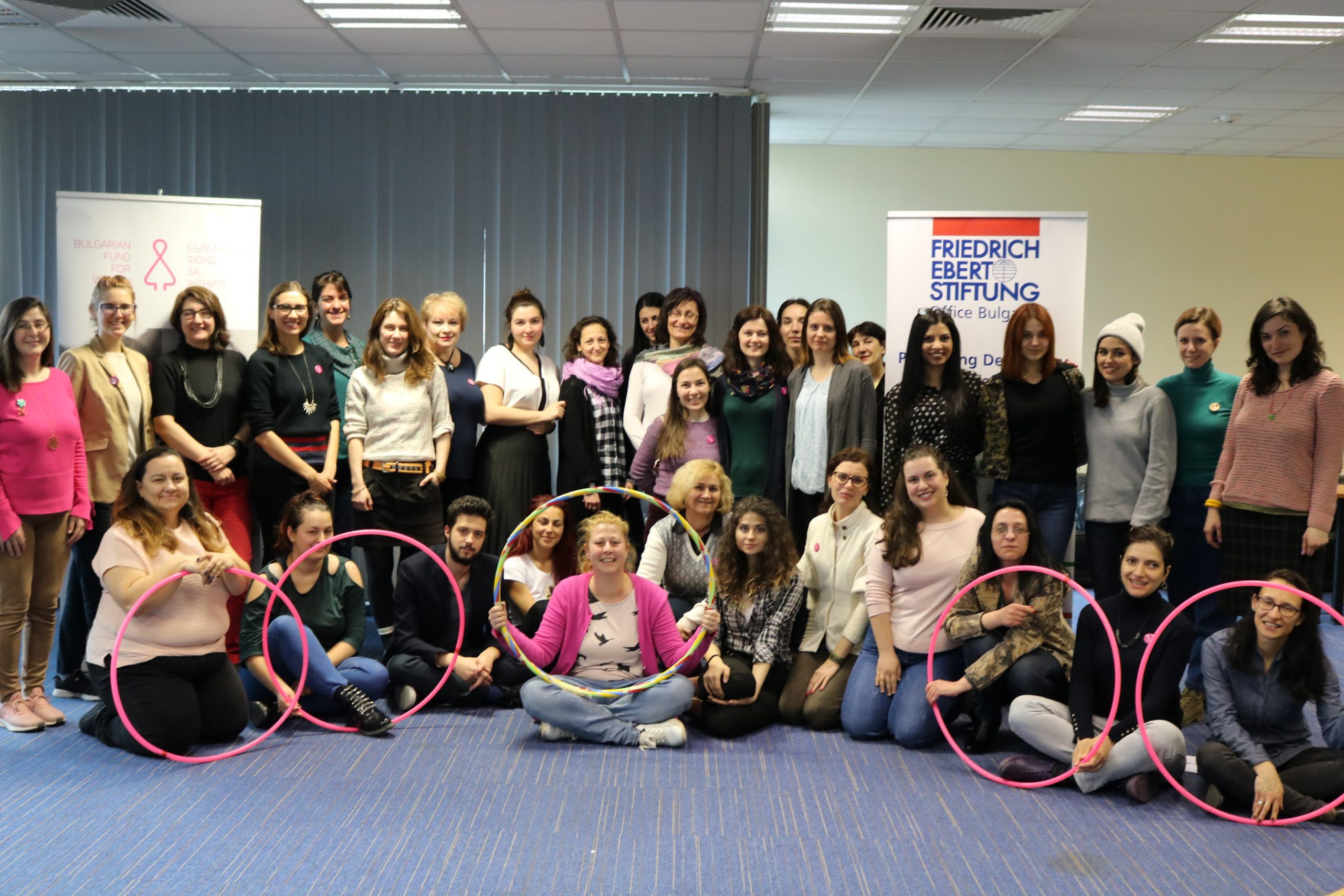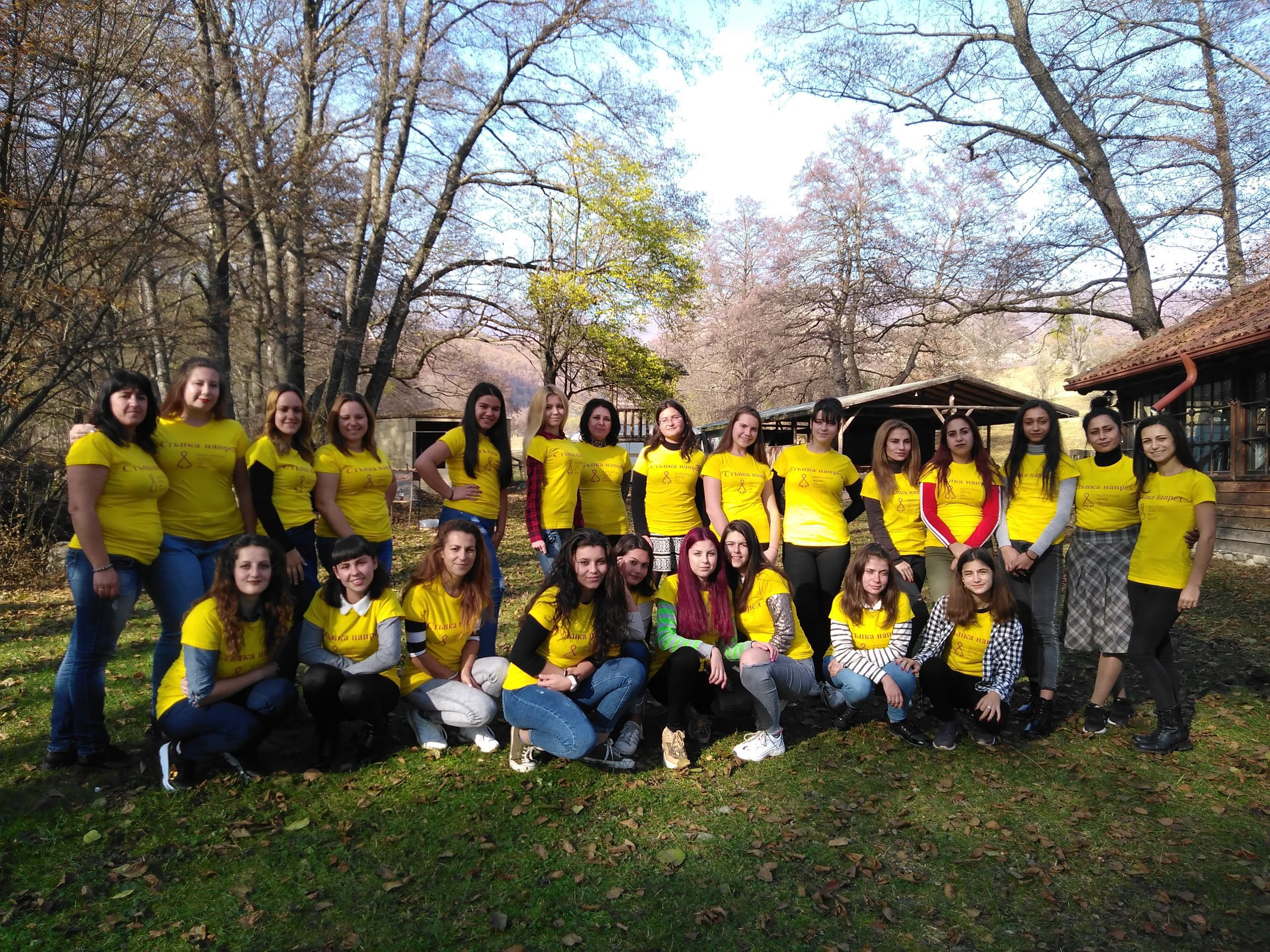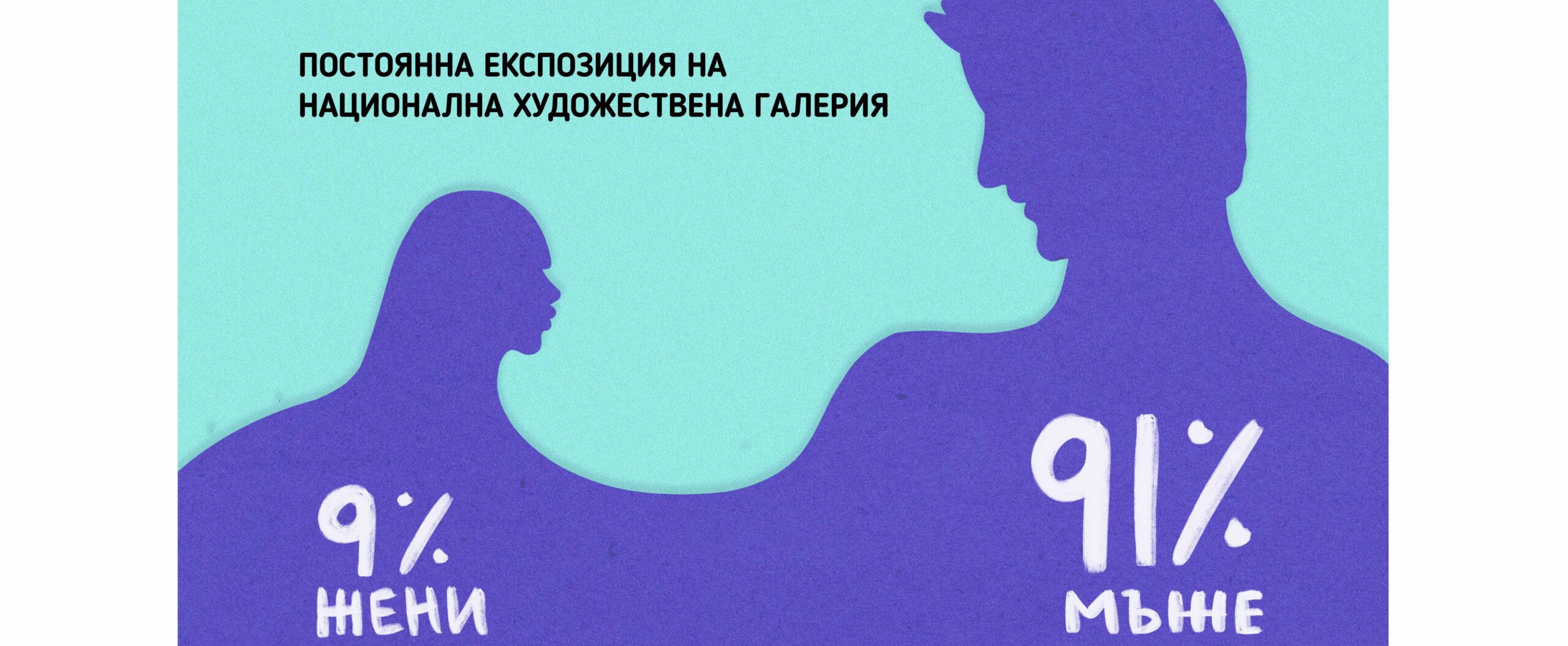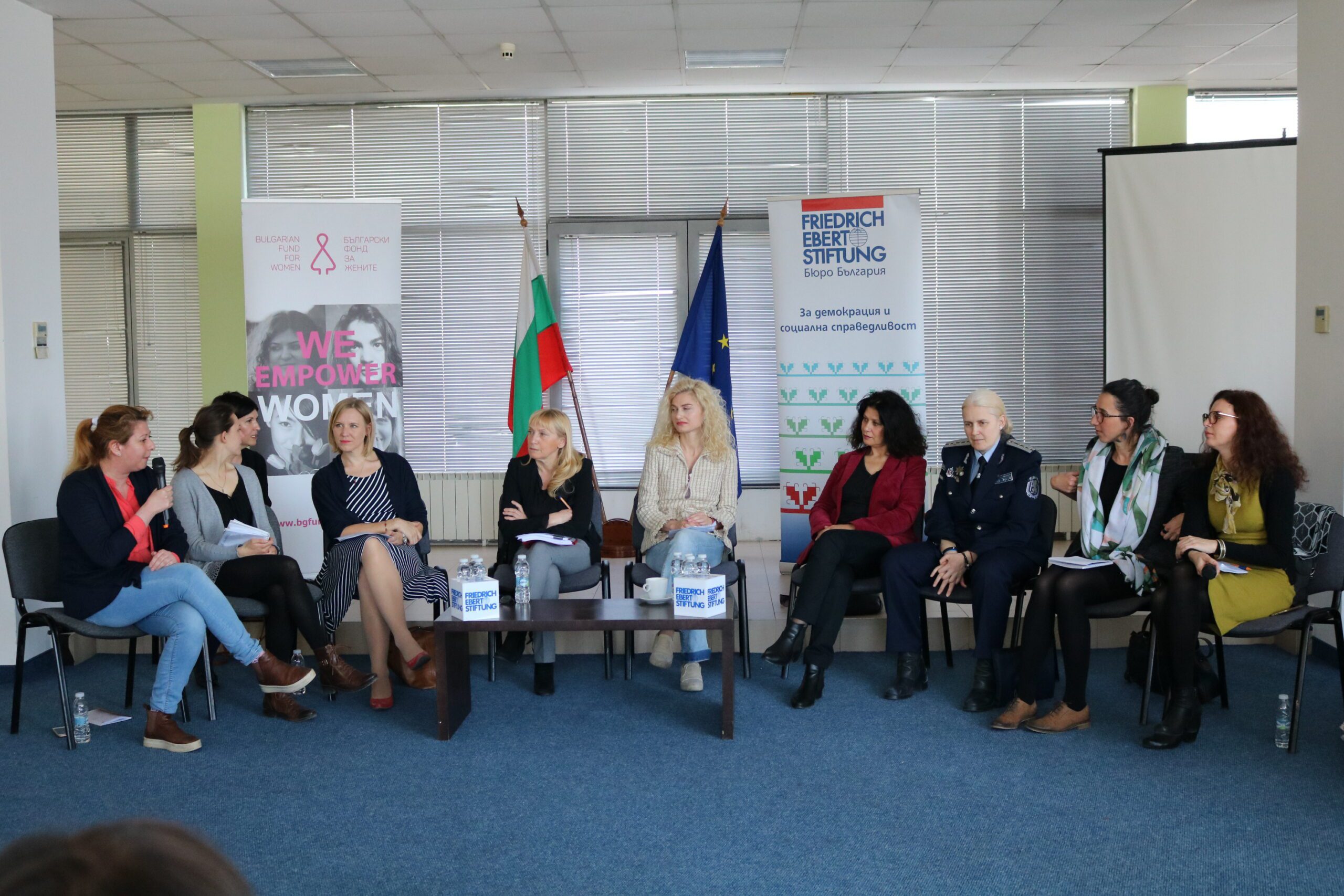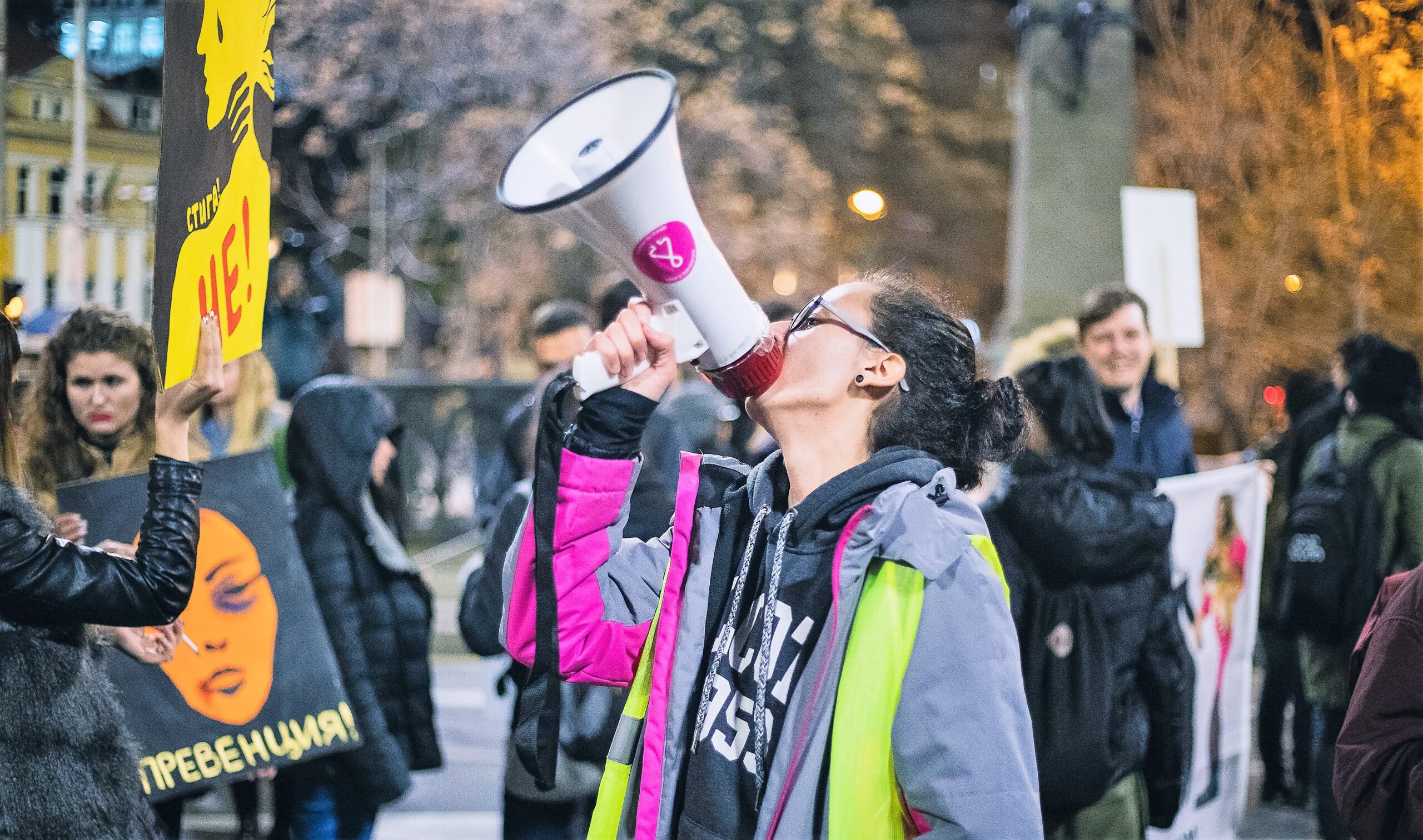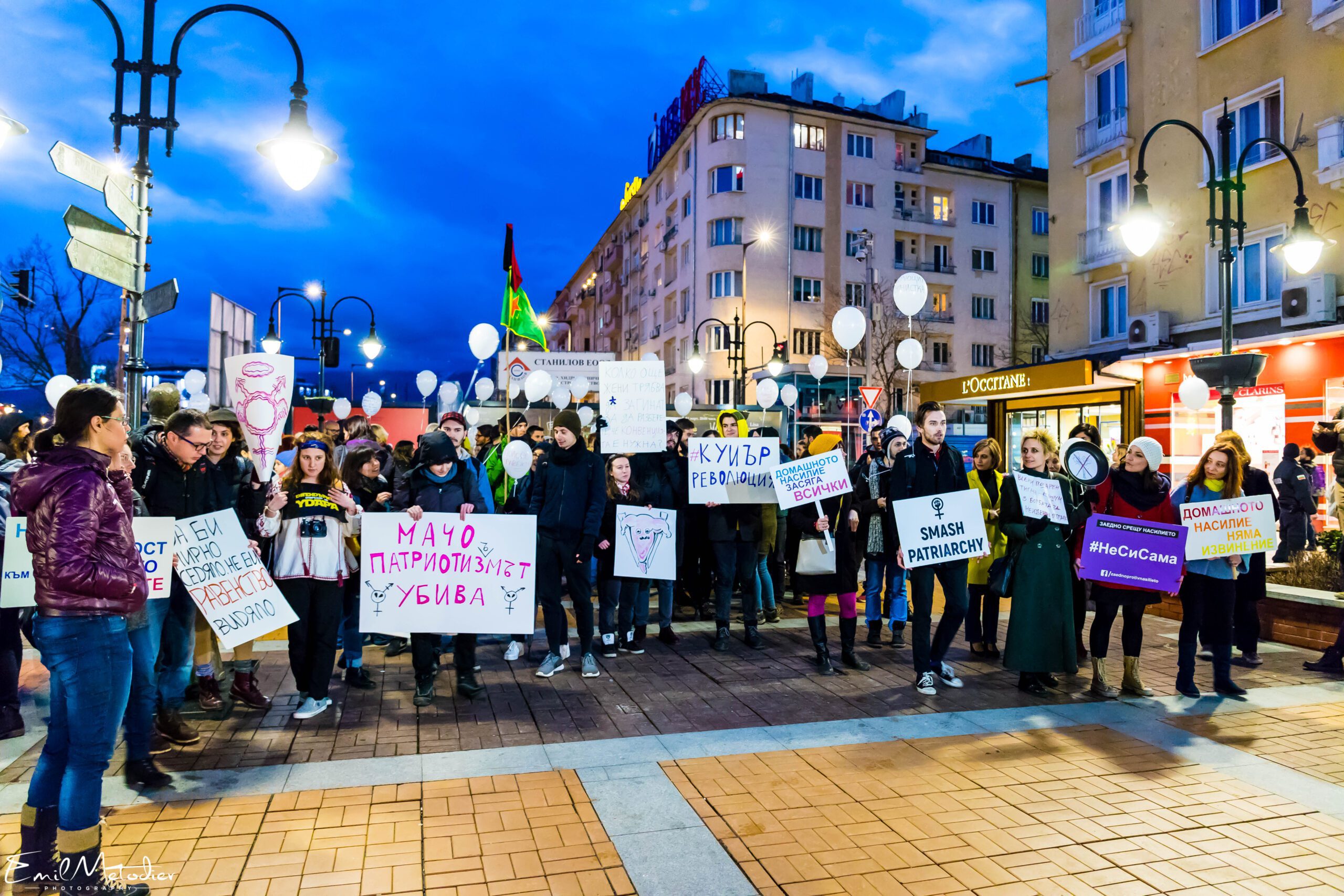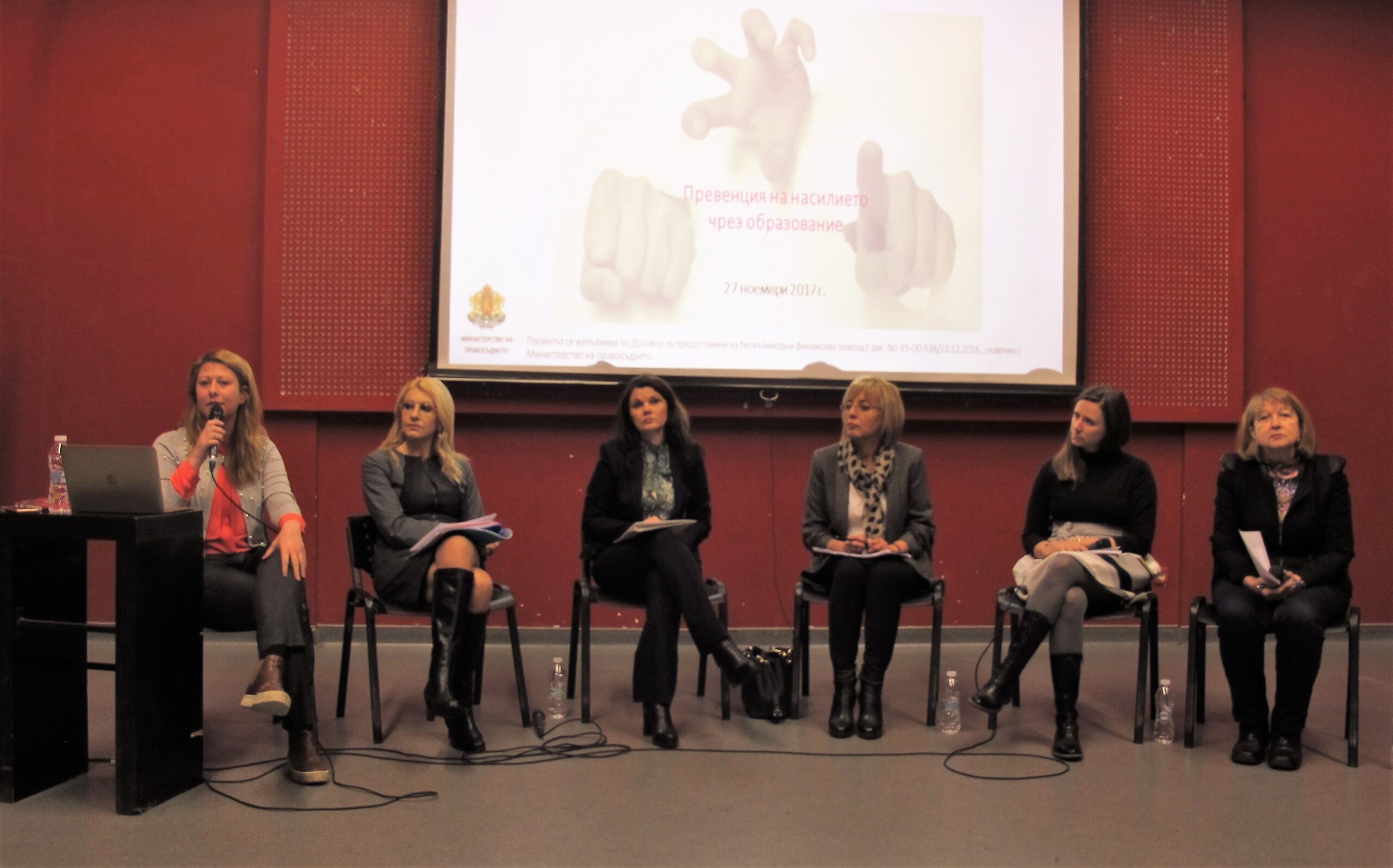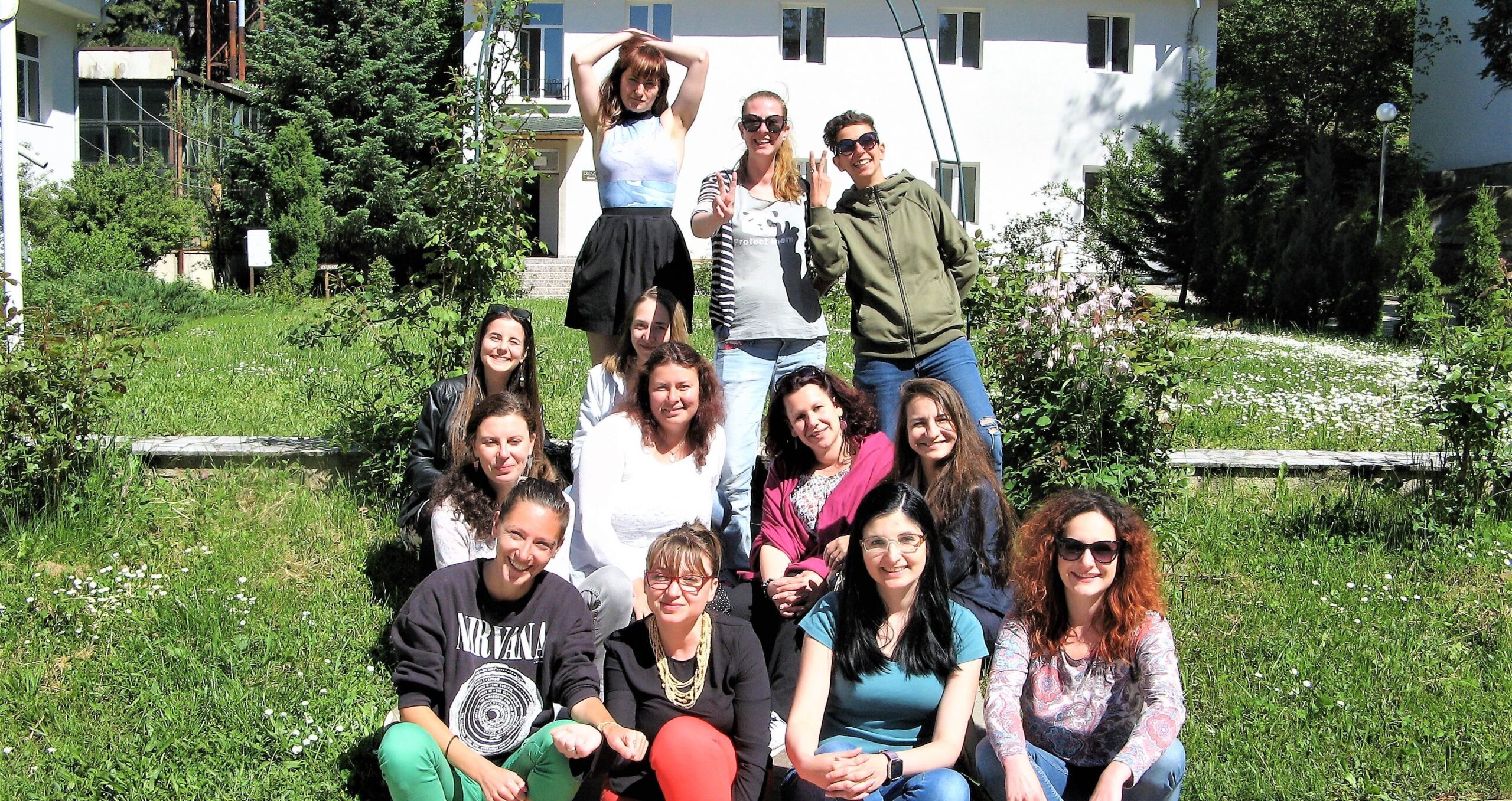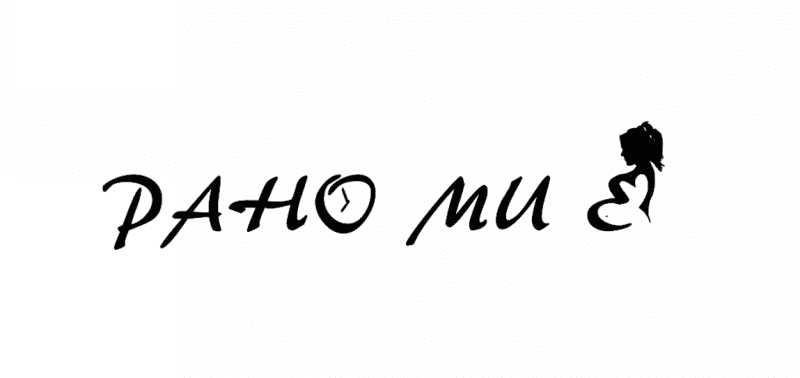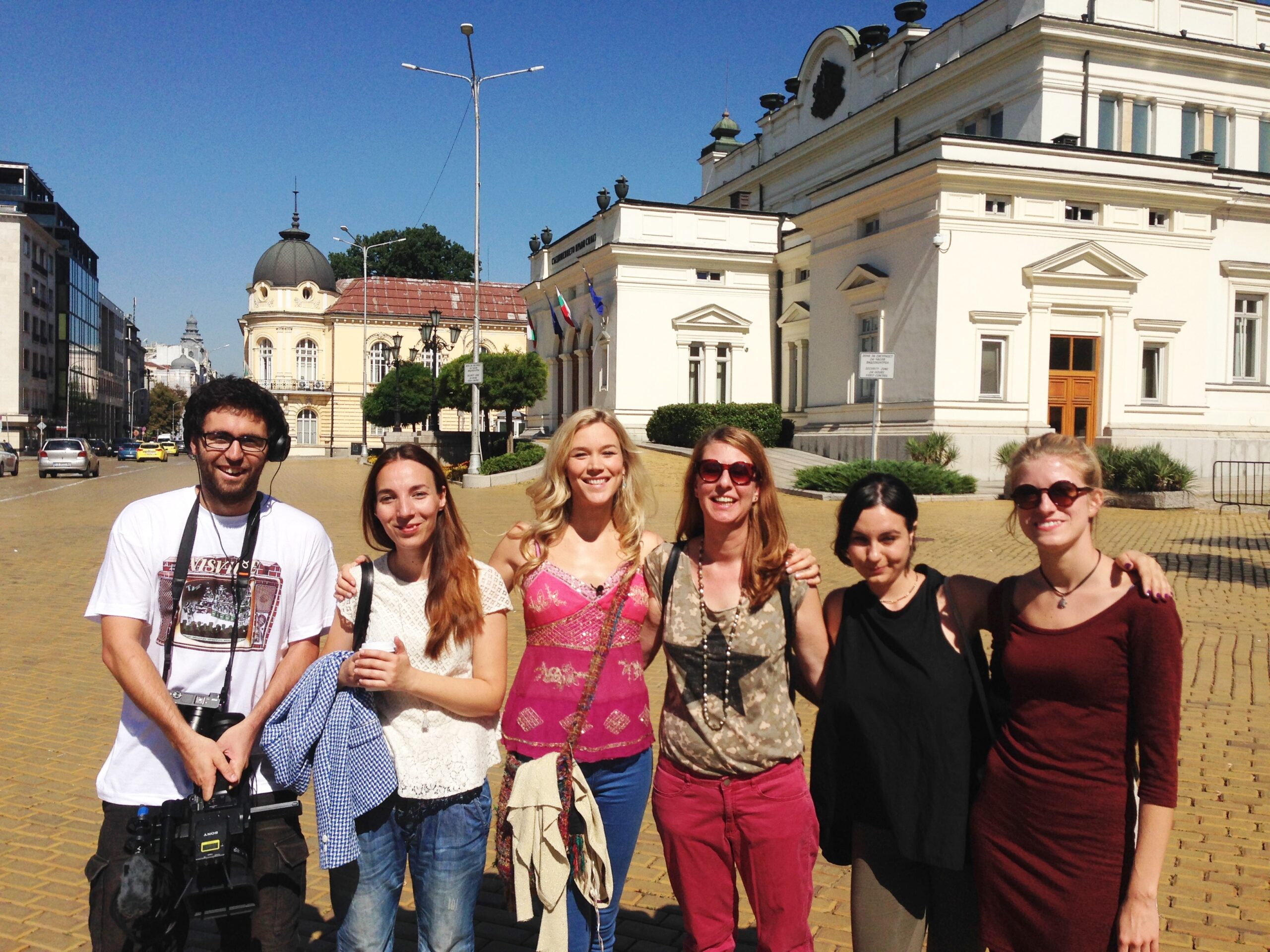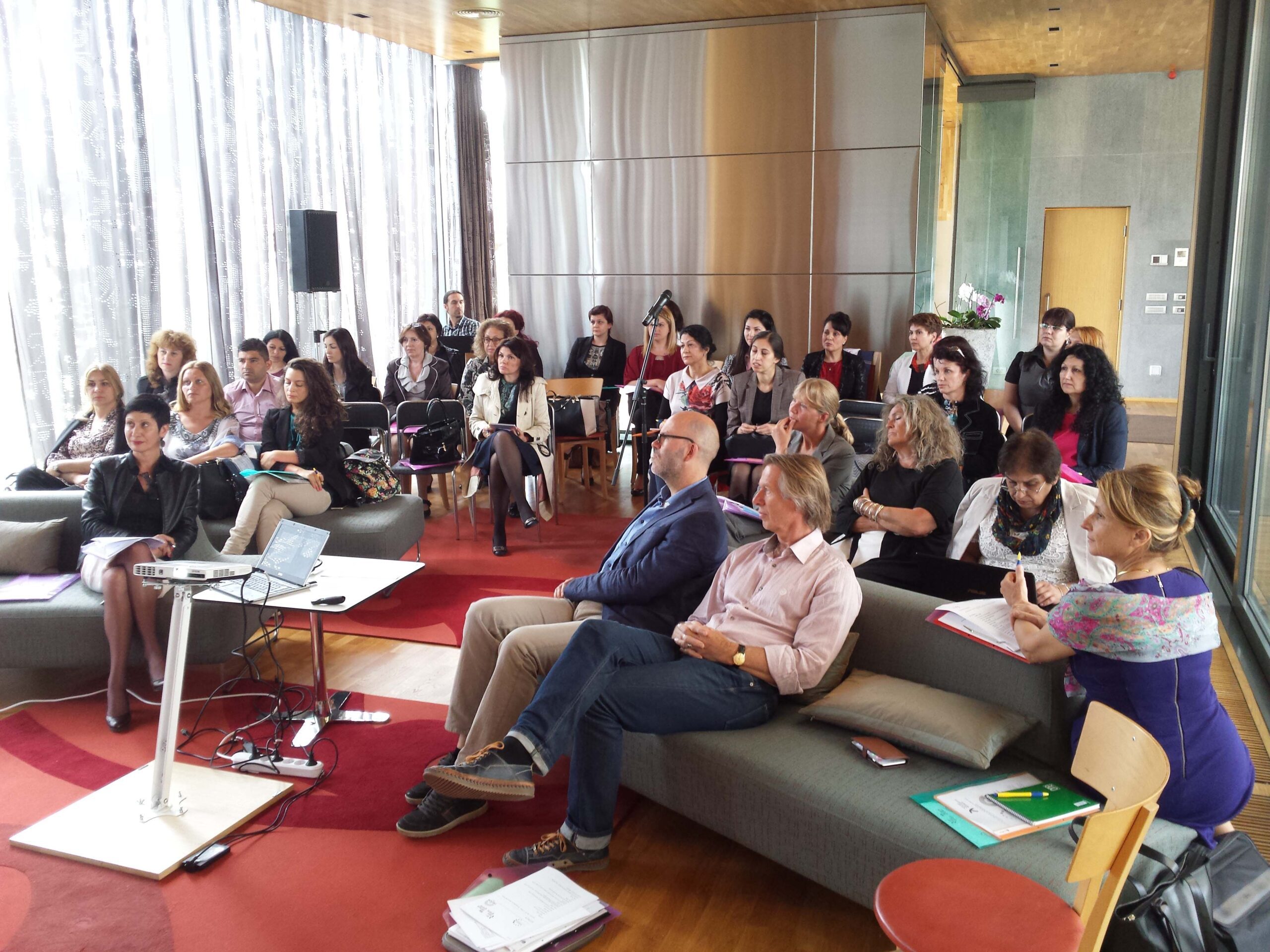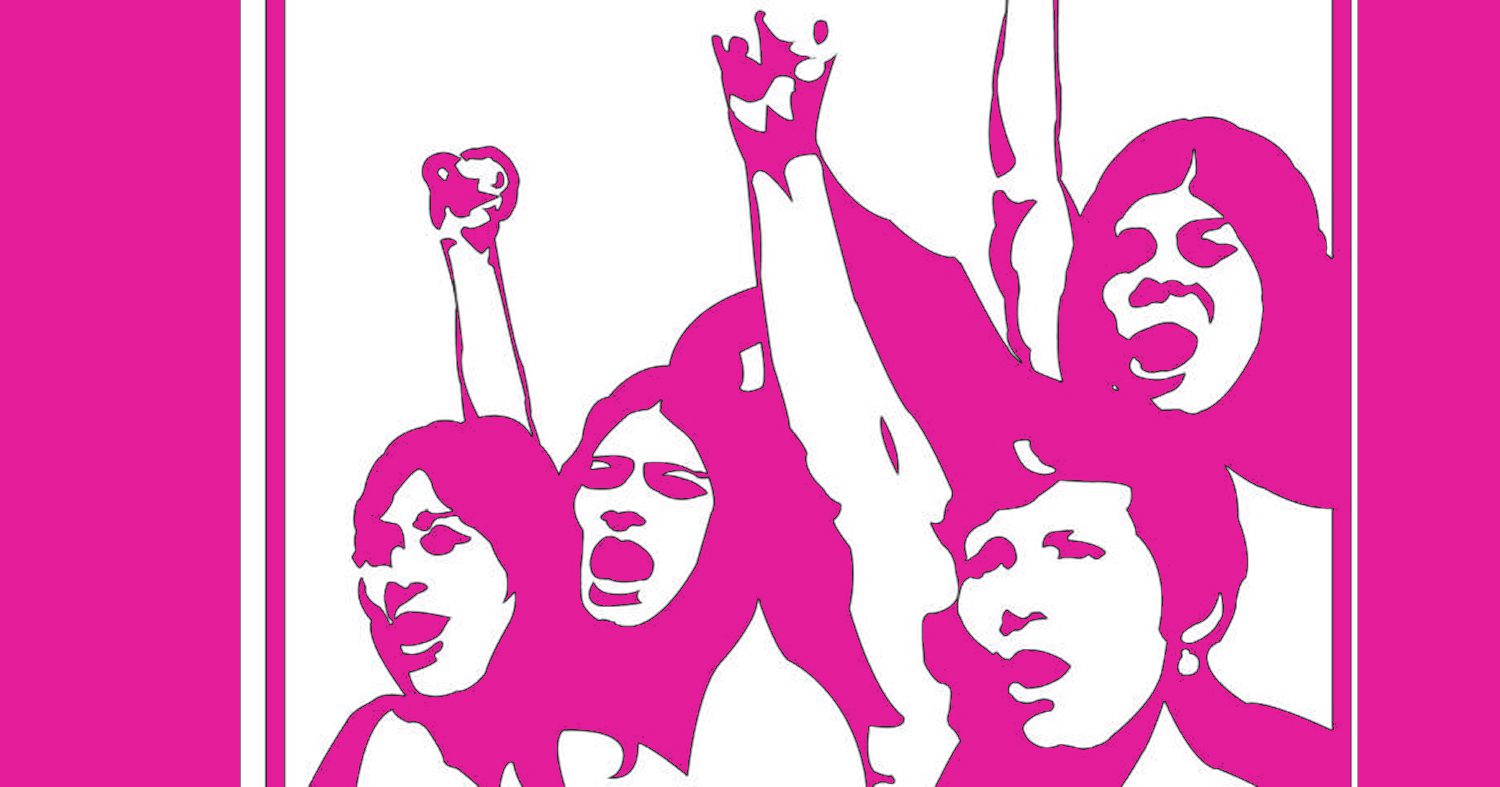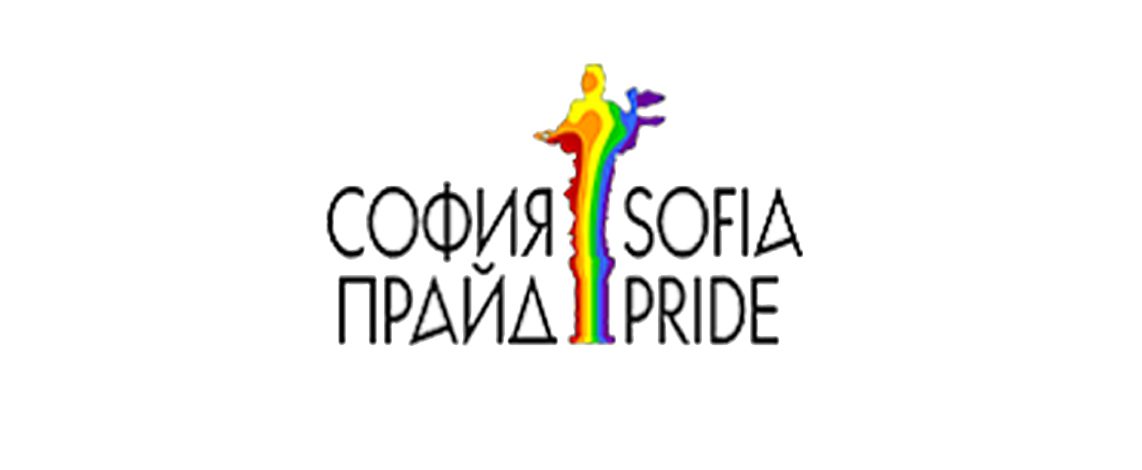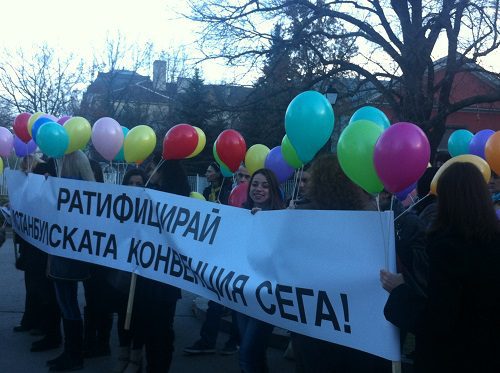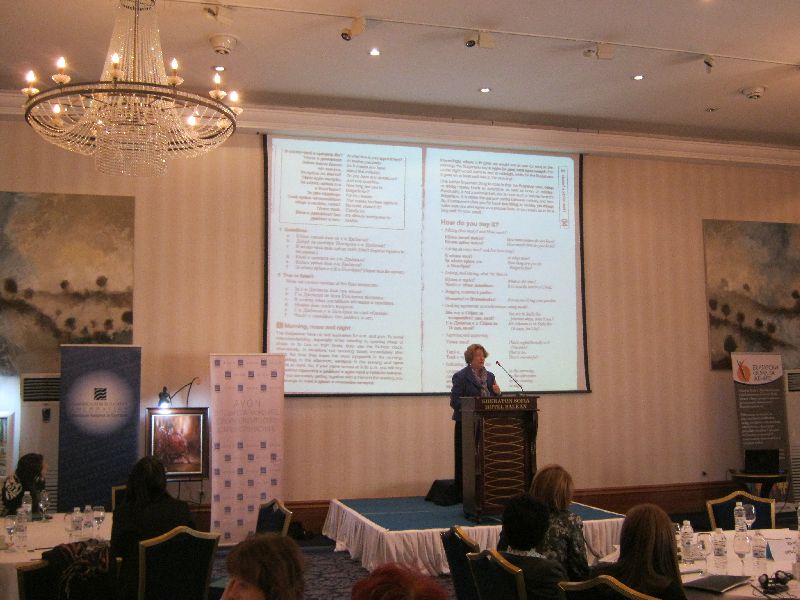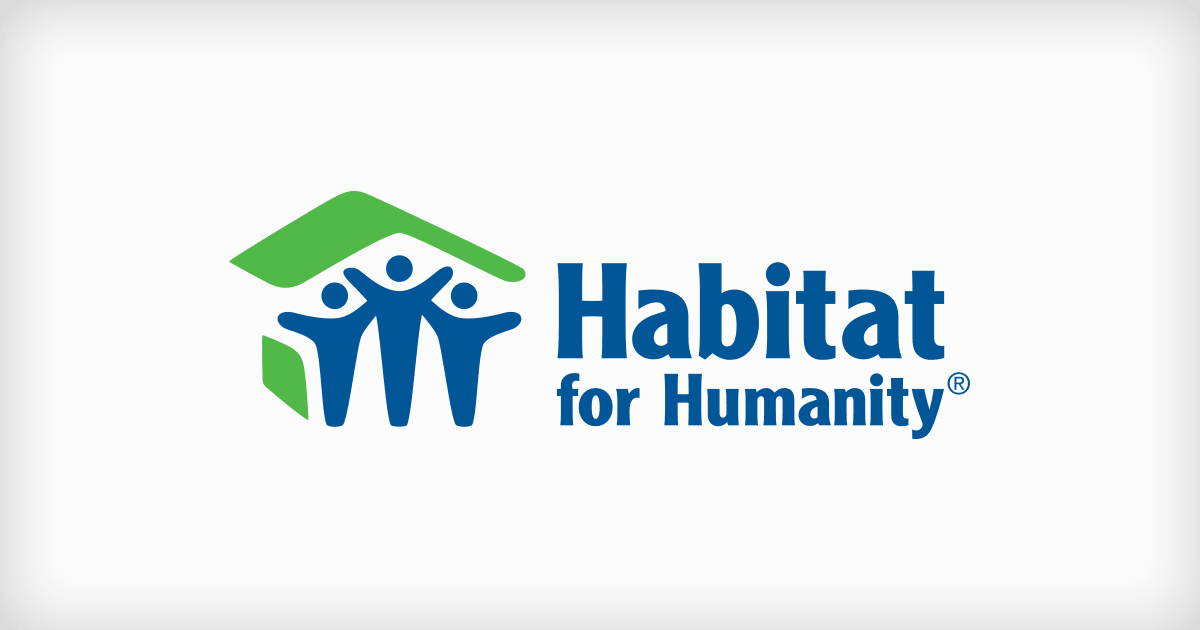“Women Matter: gender diversity and women leadership as a crisis response and as a performance driver” is the theme of the webinar which will be held on 9th of July, 11am as part of the Diversity Pays Off series of talks.
We would like to use the example of the Covid-19 global crisis as a starting point to put once again focus on the underrepresentation of women at decision making tables and on the need of gender diversity policies.
The Covid-19 global crisis have made visible the fact that the world is unsustainable in so many aspects and made so distinctive the difference in the approaches of women leaders than this of the men leaders.
We witnessed amazing examples of women leadership. Germany, New Zealand, Taiwan, Iceland, Finland, Norway, and Denmark — countries with the lowest numbers of coronavirus cases and deaths, and the most robust responses to the virus. They all have female leaders. The approaches taken by them have so far avoided the rhetoric and form of a militarist response. Instead, they have put forward strategies based on communication that is transparent and mindful of their population. These leaders not only showed solidarity in their communications but also proved to be considerate and humane in their actions. The differences in leadership styles have been exposed.
The pandemic has revealed the strengths of approaches that have been taken by mainly women leaders, as well as the shortcomings of responses taken by some men leaders. Approaches from women leaders have been effective and realistic, focusing on being upfront and considerate, without downplaying the reality of the crisis. At the same time, many male leaders have stuck to rhetoric rather than reality. For instance, in response to the pandemic caused by the global spread of coronavirus, the language of war and combat has been engaged by leaders and commentators. Many men leaders declared a war on the pandemic and spoke of heroism and sacrifice, as if a virus could be overcome through courage alone; we hear of being in a ‘fight’ or ‘battle’, medical personnel and carers forming the ‘frontline’ against an ‘invisible enemy’, etc. This approach has tended to incite both fear and uncertainty – leading to nothing but the hoarding of canned goods and toilet paper.
Today not one country in the entire world can say it has achieved equality among the genders. And only between 2019 and 2020, we’ve added 55 extra years to the timeline for closing the gender gap in economic equality. We are now an estimated 257 years away from achieving economic gender equity. Although, the data overwhelmingly support the conclusion that gender equity is the key to global success.
Meet the speakers:
Anke den Ouden, General Manager CEE Multi-Country,Microsoft.
Anke is looking after all facets of the business across 24 countries in CEE and Central Asia. Now a leader of 200+ employees, Anke has a proven executive management record of accomplishment and over 20 years of experience driving sales growth and business transformation in the technology industry. Prior Anke was Senior Director CDS in Russia, responsible for growing the consumer device sales organization in times of political and economic crisis and held a number of management roles at Microsoft covering different segments. Anke is an executive sponsor to variety of important initiatives and strategic programs – supporting female’s equality in IT industry; sponsoring and developing new talents (CEE Microsoft ASPIRE program dedicated to graduate and post-graduate hires); building and nurturing culture of diversity and inclusion; promoting and coaching on remote leadership across boarders through technology; executive coaching and leadership agility for managers etc.
Maria Bobenrieth, Executive director ofWomen Winand COO atWin-Win Strategies.
In her role as Executive Director, she oversees the global operations, programmes, partnerships, and the strategic development of Women Win from the Amsterdam headquarters. Women Win merged with Win-Win Strategies in 2019 to also focus on connecting the deep assets of the privates sector with the power and sustainability of women’s fund and organizations. Through her position as Global Director of Community Investments at Nike in 2007, Maria provided start-up funding and personal support to Women Win, an organisation to become the global leader in girls’ and women’s empowerment through sport. She then served as the organization’s first Chair of the Board of Directors, stepping down in 2009 to join as Deputy Executive Director. Maria has a strong professional and personal background in international business and community development. Born in Chile and raised and educated in the US, Maria has lived in The Netherlands since 2001.
Gergana Kutseva, Deputy Director of the Bulgarian Fund for Women will moderate the webinar for the Diversity Pays Off initiative.
Participationis free but with requires registration athttps://forms.gle/r6woH2vsybHF3CaE7.
ENGLISH will be the working language of the event. Also, there will be sign language interpretation for the members of the Bulgarian Deaf community.
The event is organised with the sponsorship of DraftKings – a digital sports entertainment and gaming company known for its industry-leading daily fantasy sports and mobile sports betting platforms.

